1917
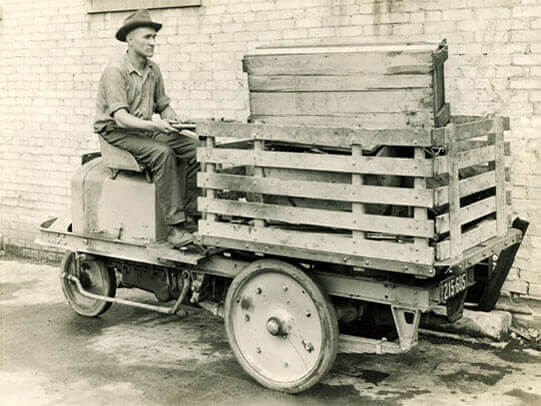
The first Tructractor is built in Buchanan, Michigan by employees of the Clark Equipment Company. The Tructractor was the world’s first internal combustion-powered industrial truck. The Tructractor was originally configured with a flat bed or cargo box and was manually loaded and unloaded. It was used to haul materials between Clark’s various axle, drill and wheel departments. However, visitors to the plant were impressed with its practicality and asked Clark to also build Tructractors for them. In 1918, eight Tructractors were built and in 1919 over 75 were manufactured.
1919
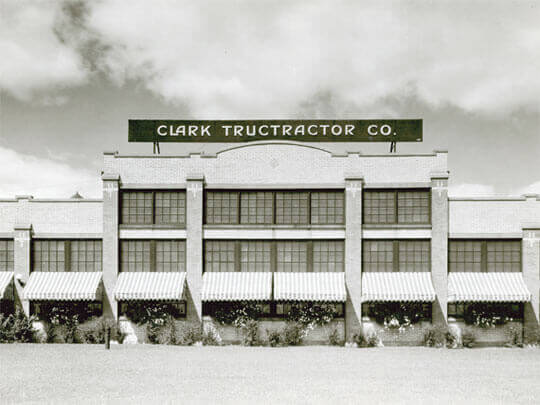
The Clark Tructractor Company is formed in Buchanan, Michigan as a division of the Clark Equipment Company. Today’s Clark Material Handling Company is a direct descendant of the Clark Tructractor Company. Clarkenters the export market as the first Tructractor is shipped to France.
1922
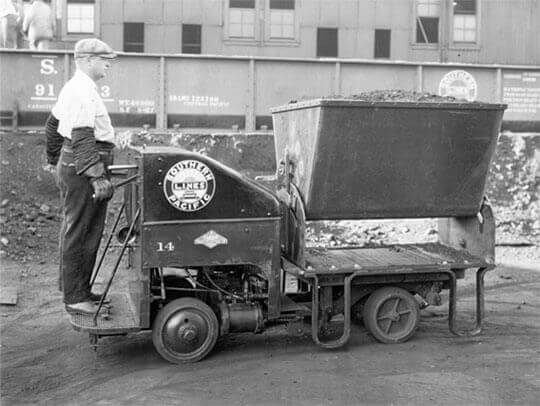
The Truclift, an internal combustion-powered platform lift truck, is introduced. The Truclift was the world’s first internal combustion lift truck that used hydraulics, not mechanical gears and linkage, to lift a load.Tructractors and Truclifts begin to be produced at a new Clark plant in Battle Creek, Michigan.
1923
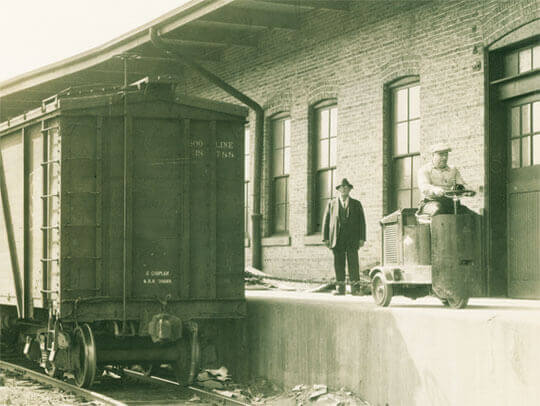
The Duat tow tractor is introduced. The Duat was used to pull trailer loads of lumber, freight and industrial materials.
1924
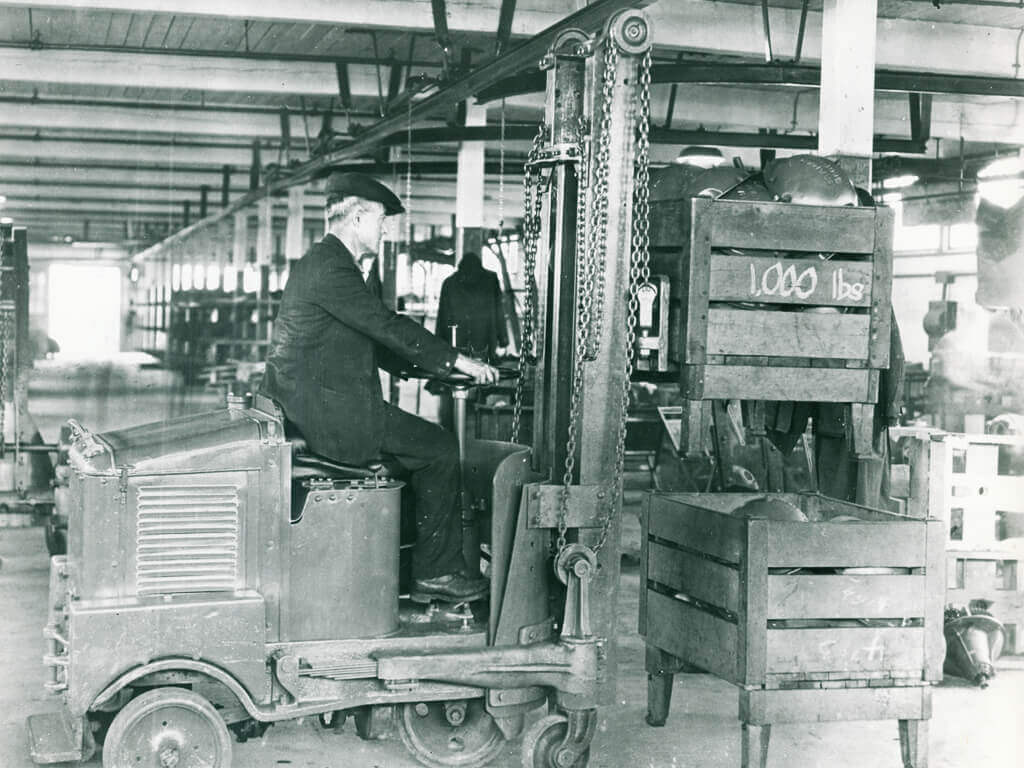
CLARK introduced the first Duat with an optional tiering attachment. This modified Duat is officially the world’s first internal combustion forklift, cementing the CLARK legacy as the inventor of the forklift.
1926
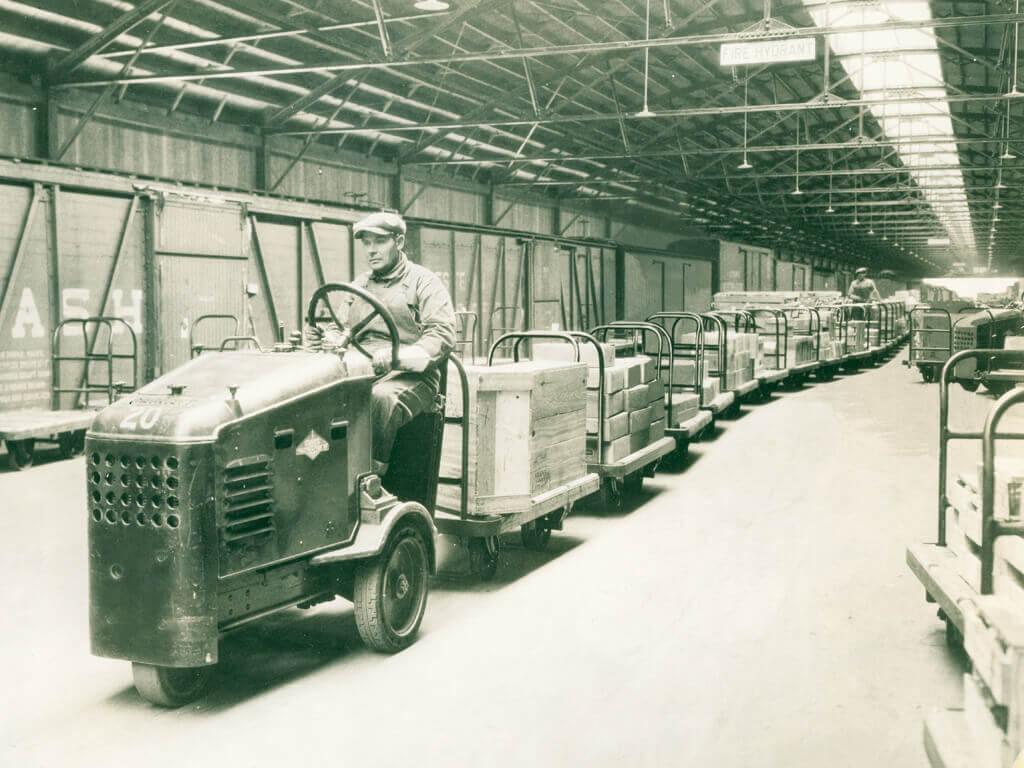
The Clarkat tow tractor is introduced. The Clarkat had drawbar pull ratings of 2000 and 2600 pounds. The Clarkat replaced the Duat, which had a drawbar pull rating of 1500 pounds. The Clarkat was used to pull trailers of freight and material and remained in production until 1982.
1927
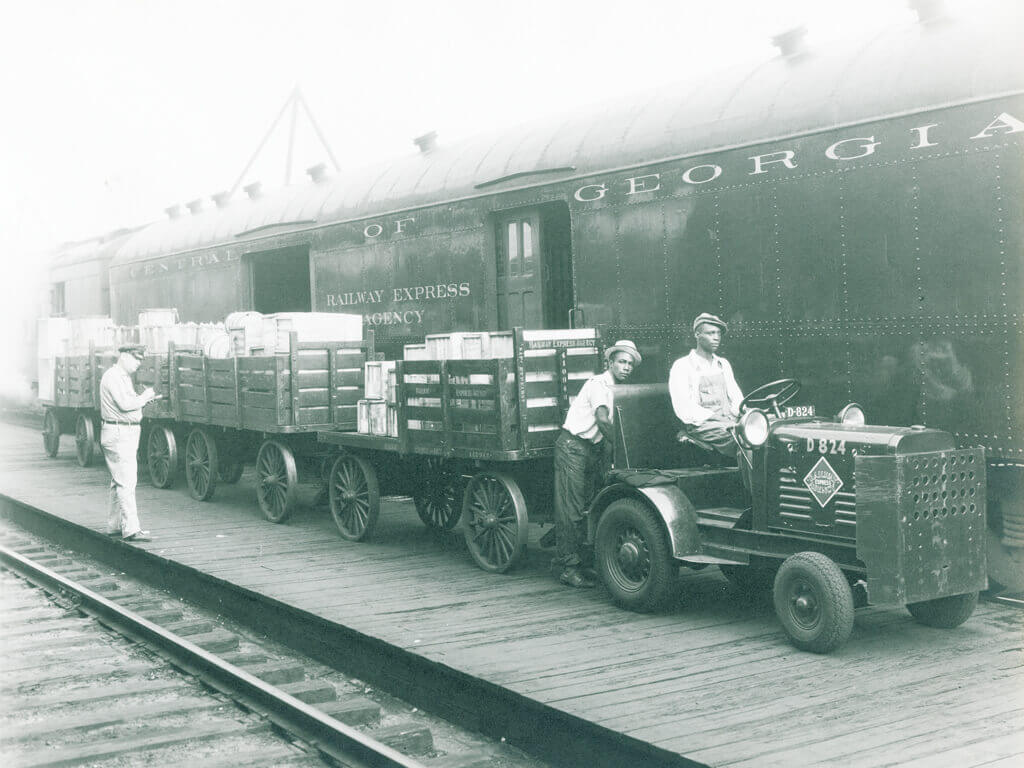
The Clarktor tow tractor is introduced. The Clarktor was used to pull airplanes and warehouse trailer trains. It was equipped with an electric self-starter, the first industrial truck or tractor to have this feature as standard equipment. The Clarktor remained in production until 1987.
1928
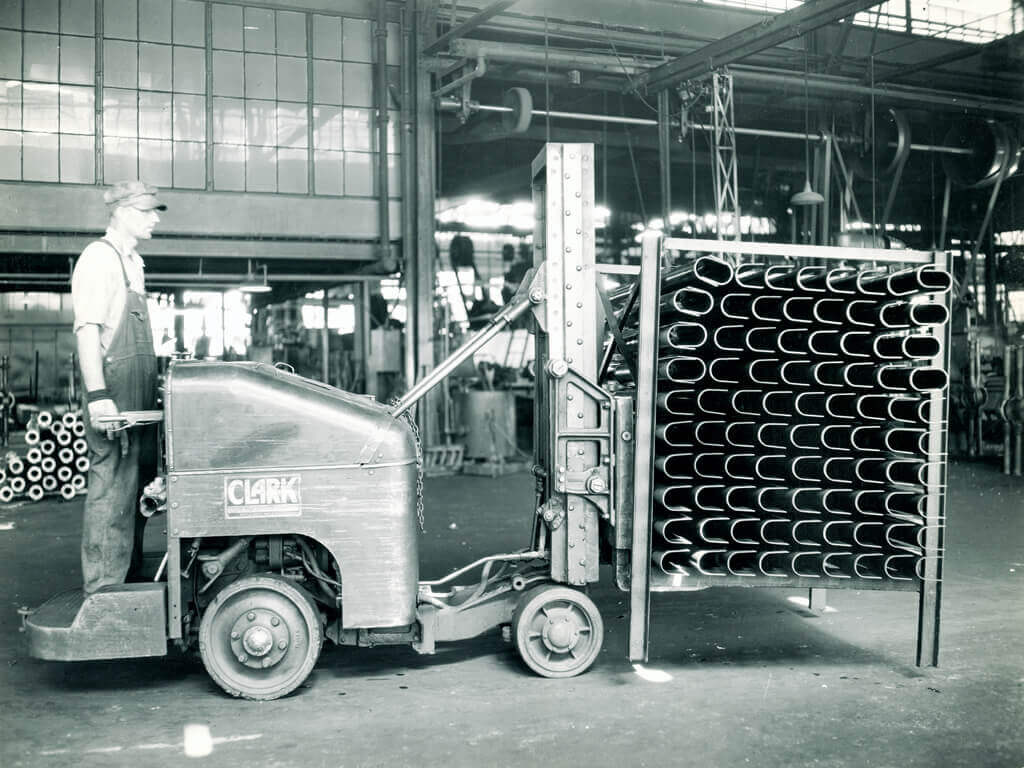
The Tructier is introduced. The Tructier was the world’s first internal combustion forklift truck that used hydraulics, not chains and cables, to lift a load.
1938
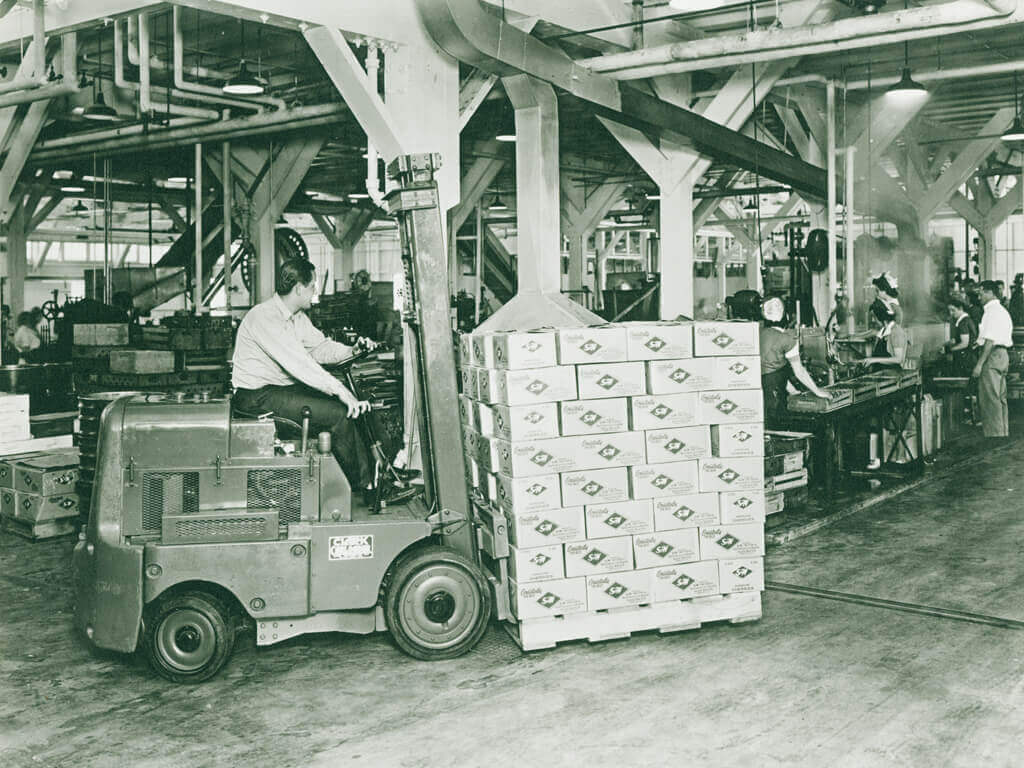
The Carloader, the world’s first modern short-coupled internal combustion forklift truck, is introduced. The Carloader was mass-produced from its introduction and was at one time imitated by many other fork lift truck manufacturers. It remained in production until 1964.
1939
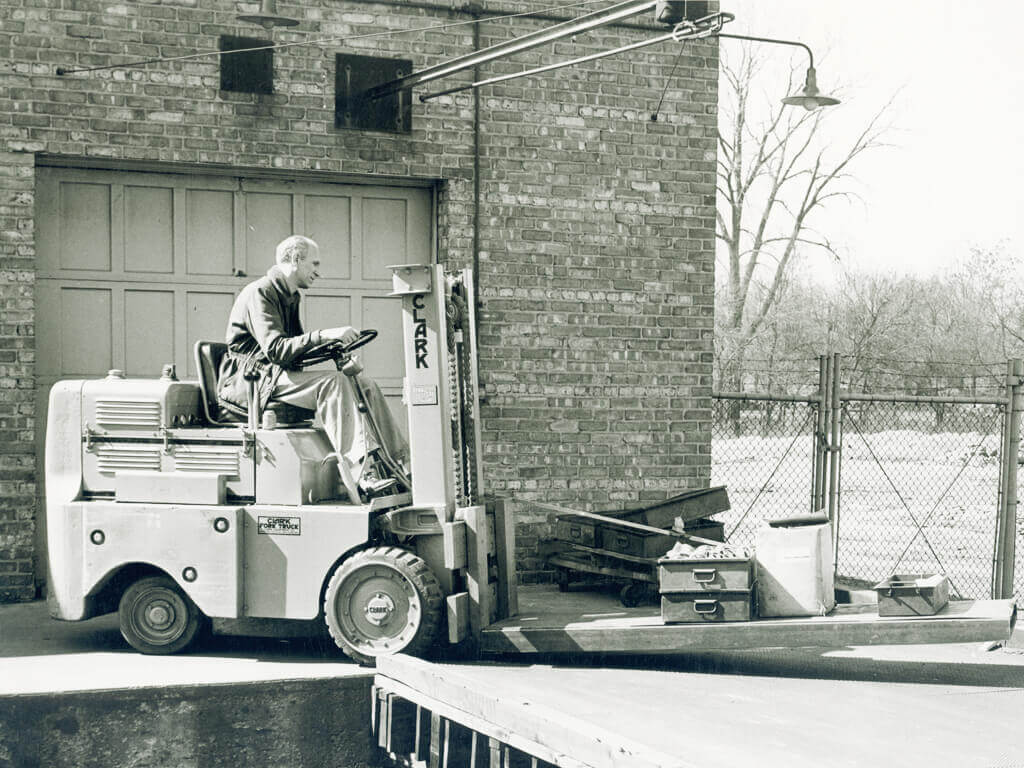
The Utilitruc is introduced. This heavy-duty internal combustion Clark forklift was used mainly in the metal fabrication and stevedoring industries and remained in production until 1964.
1941
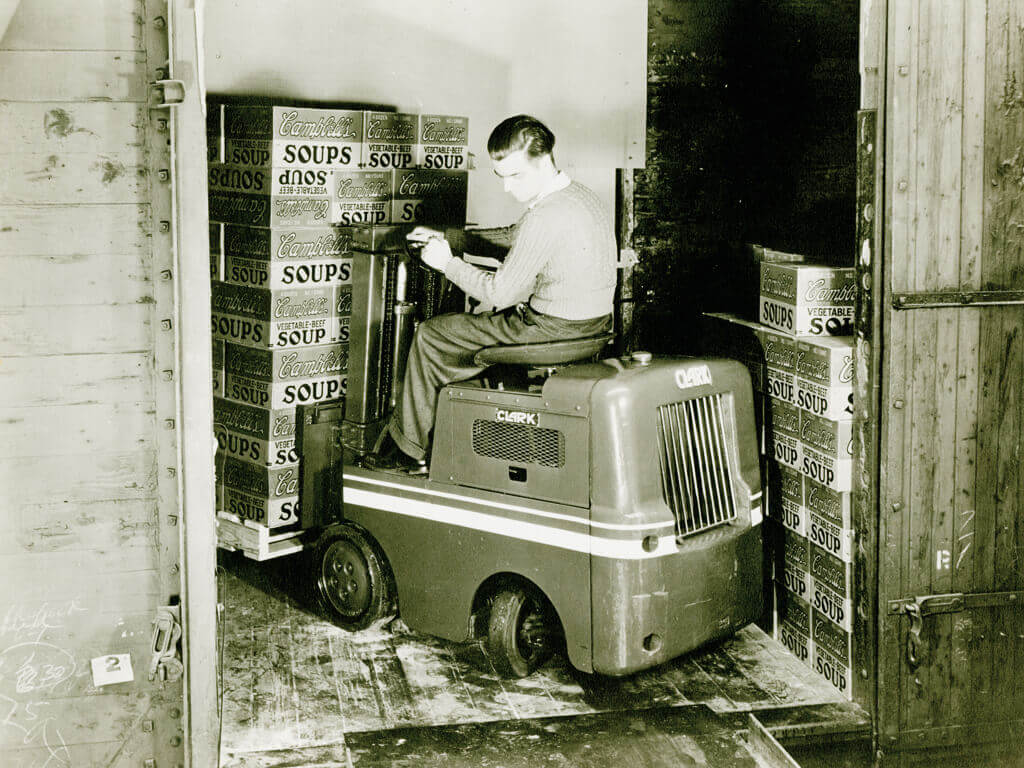
The Clipper is introduced. The Clipper became a standard for the internal combustion forklift industry and at one time accounted for 50 percent of all sales in the 2000 pound capacity range. Like the Carloader and Utilitruc models, the Clipper was manufactured until 1964.
1941 – 1945
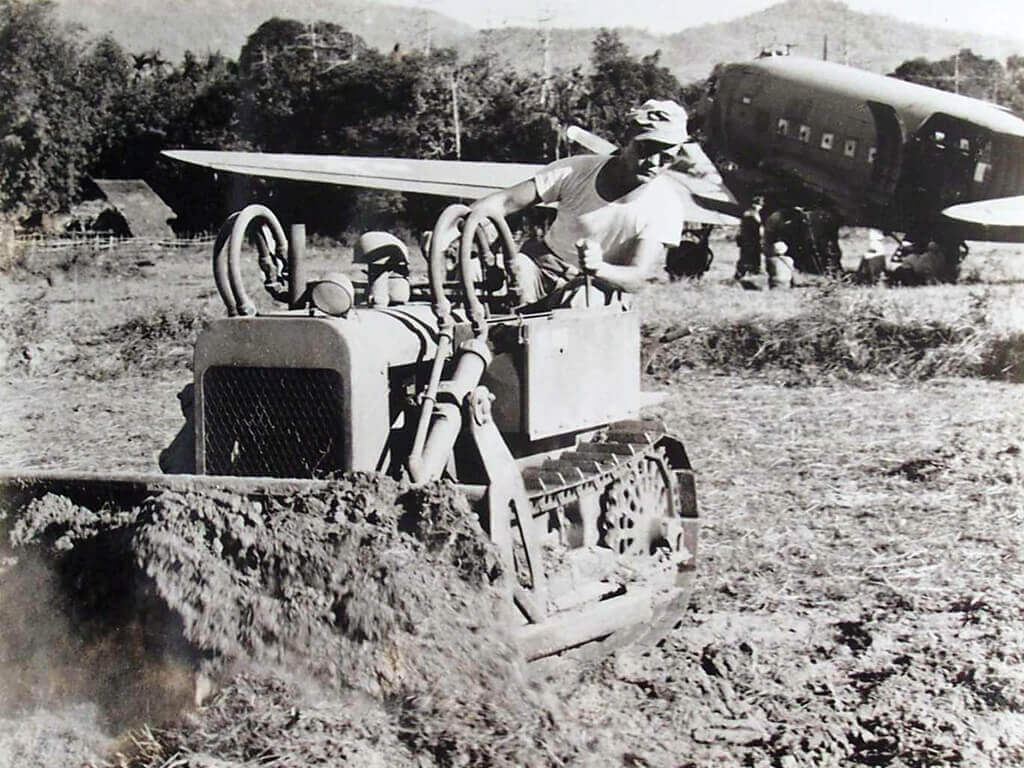
Clark produces almost 90 percent of the military requirements for forklift trucks and tow tractors. It was once said during WWII that there was not an air field under Allied control that did not have a Clark forklift truck or tow tractor. By the end of the war, the widespread use of Clark lift trucks by the Allied Forces and war-related industries made “Clark” and “forklift” almost synonymous.
1942
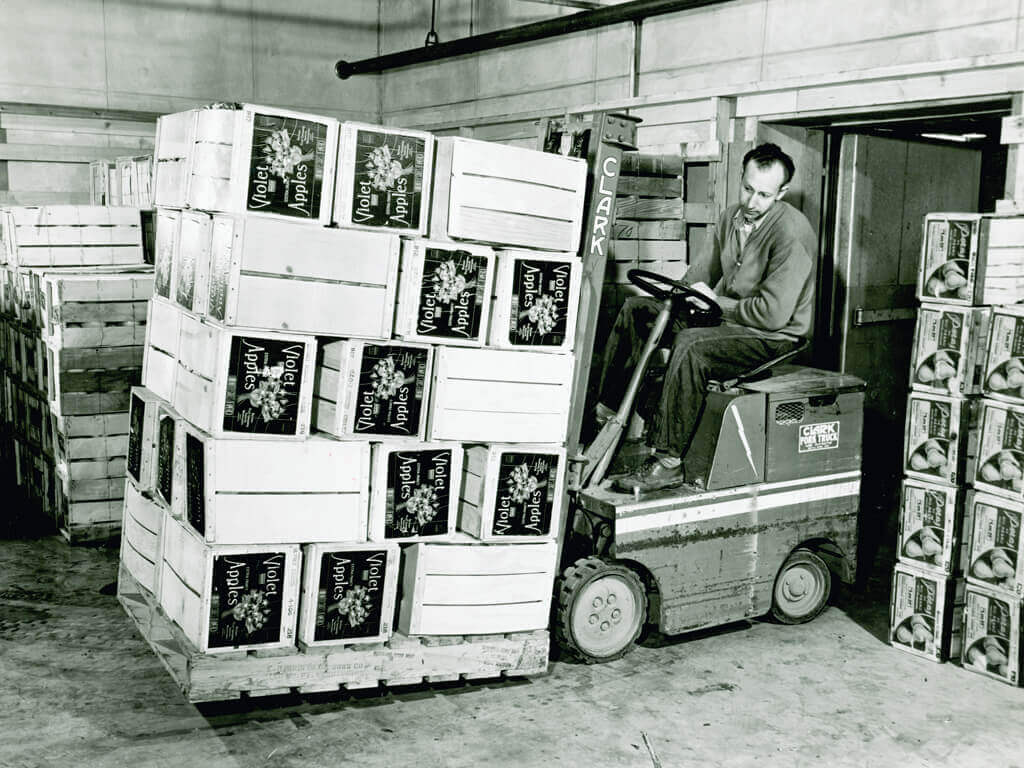
The first Electric Clippers, Carloaders, and Utilitrucs are introduced. However, because of wartime production demands for Carloader and Clarktors, they were not put into full production until 1945.
1943
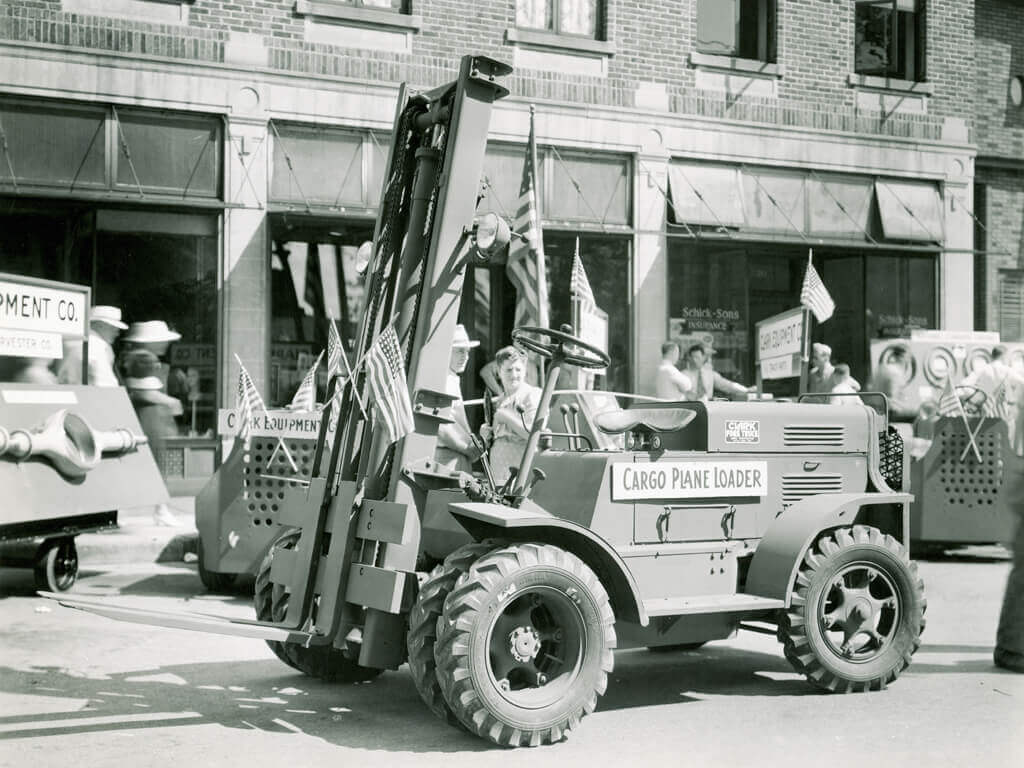
The Planeloader, Clark’s first pneumatic-tired forklift truck, is introduced. It was designed principally for off-road operation at Allied air bases during WWII. War surplus Planeloaders were used by truck farmers, contractors and airlines. Clark is awarded the Army-Navy “E” Award for outstanding war production. Clark is the first lift truck manufacturer to put warning labels on lift trucks.
1945
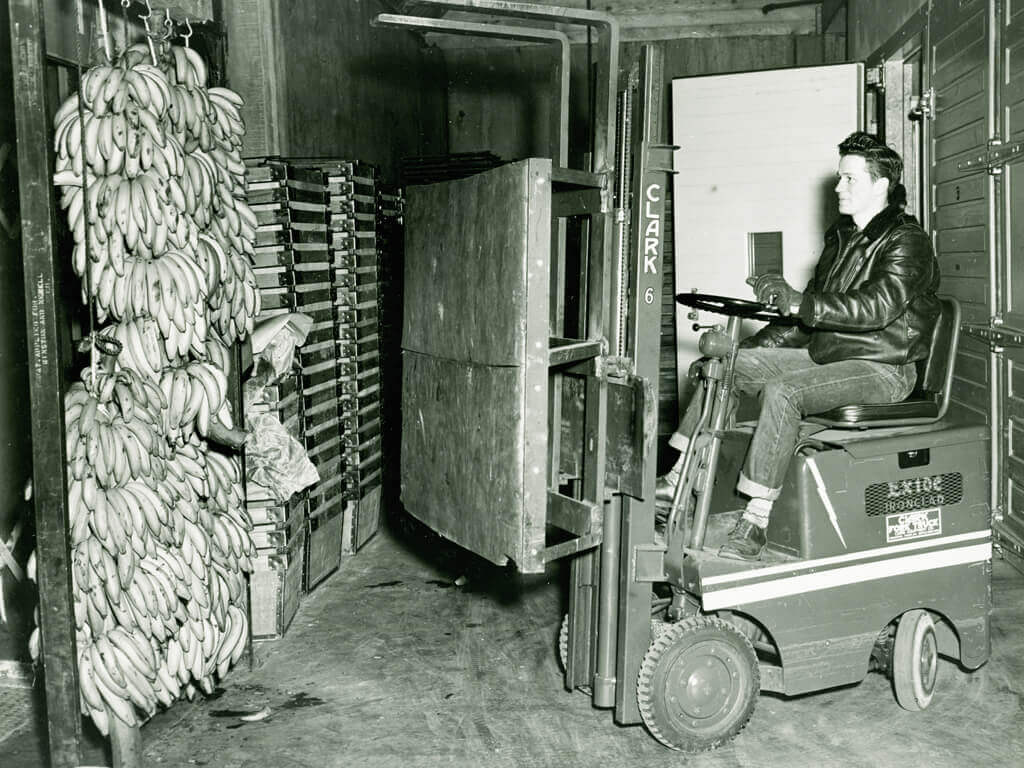
The Trucloader is introduced. It was intended for operations with limited elevator or floor load capabilities and was manufactured until 1967.
1946
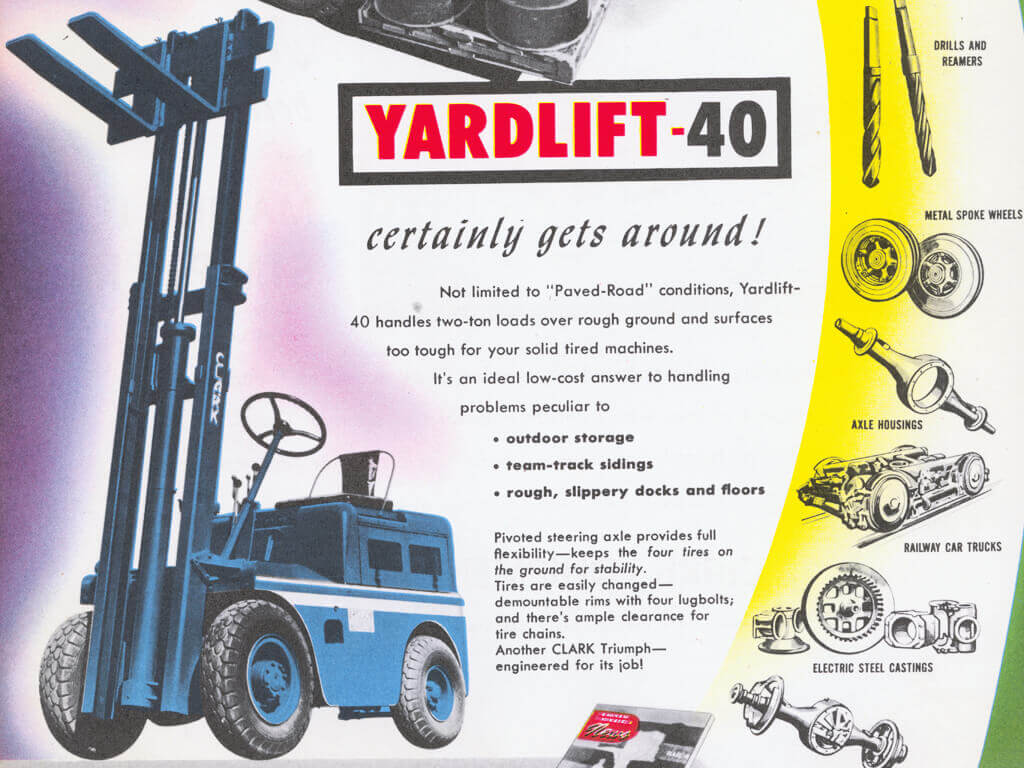
The Yardlift 40 is introduced. The Yardlift 40 was the beginning of the pneumatic Yardlift line. It was intended for inside and outside use in manufacturing and shipping facilities.
1948
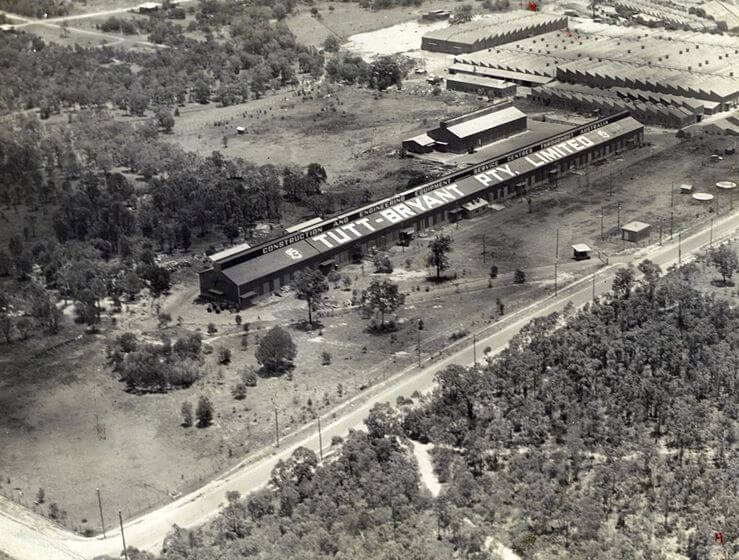
Clark’s innovative Dynatork Drive is introduced. The Dynatork was an electro-magnetic power transmission device between the internal combustion engine and the transmission. It replaced the dry friction clutch used on all fork lift trucks up until that time.
1948
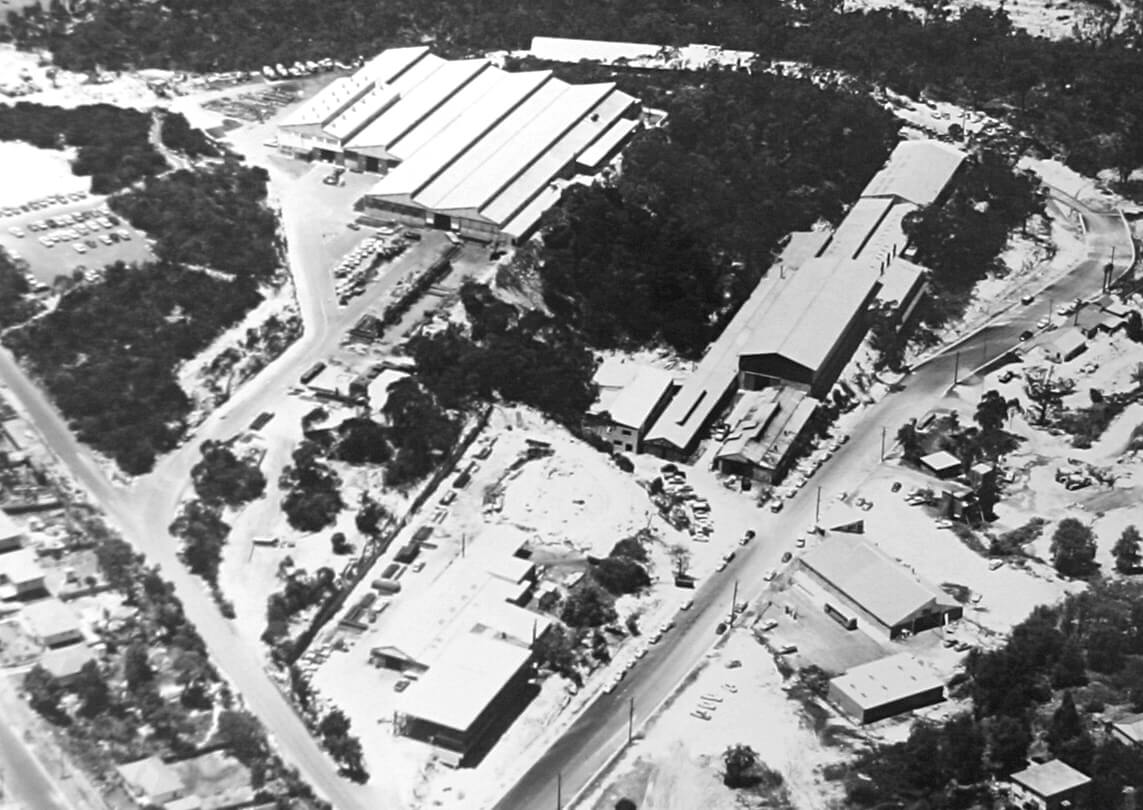
Clark Equipment enters into manufacturing license agreement with Tutt-Bryant Limited of Sydney, Australia. This was the beginning of overseas production by Clark.
1950
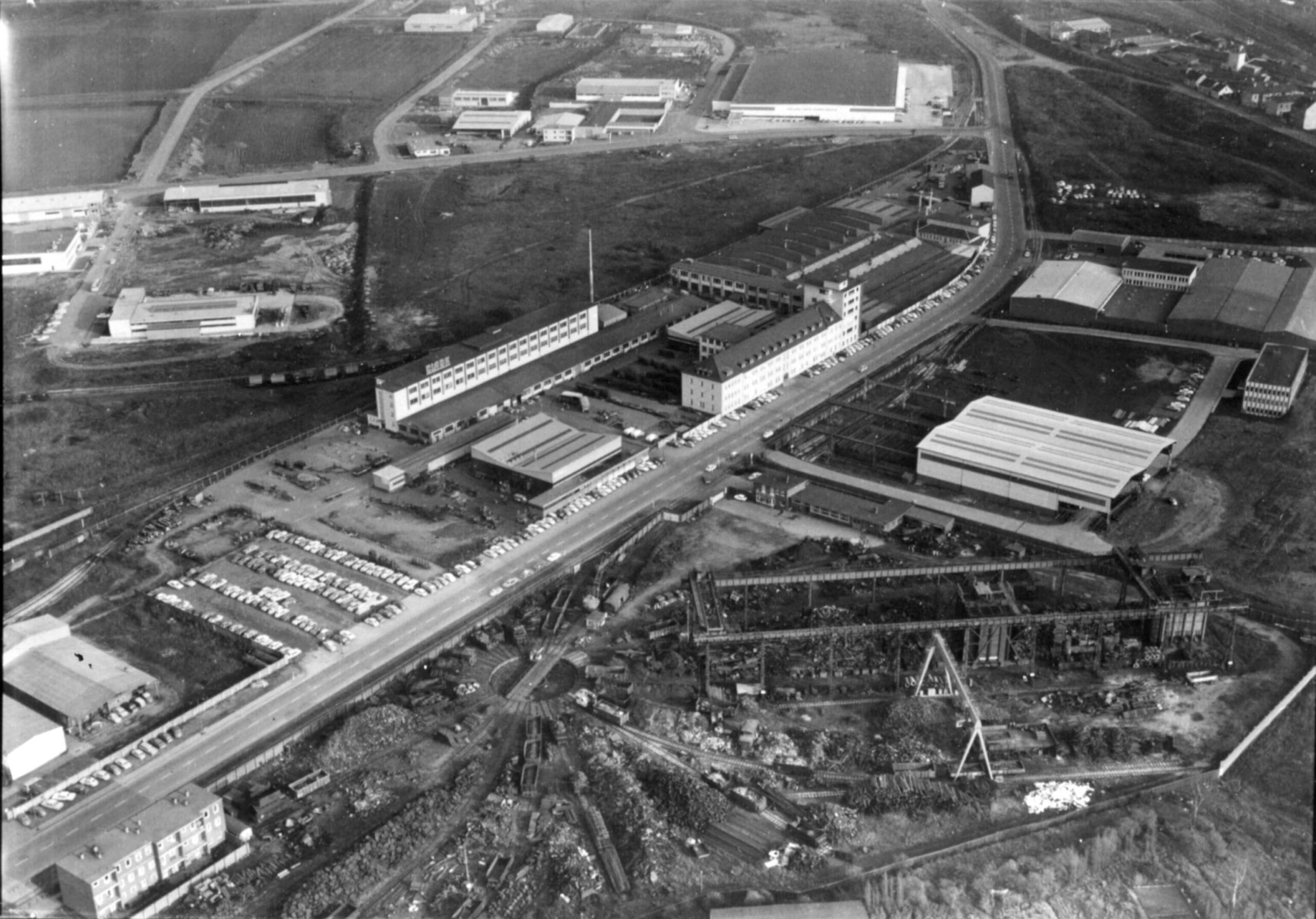
Clark Equipment enters into manufacturing license agreement with Schultz-Stinnes of Essen, Germany. By 1952, the licensee was re-named Ruhr Intrans Hubstapler and located in Mulheim when it started shipping Clark forklift trucks into the European market.
1951
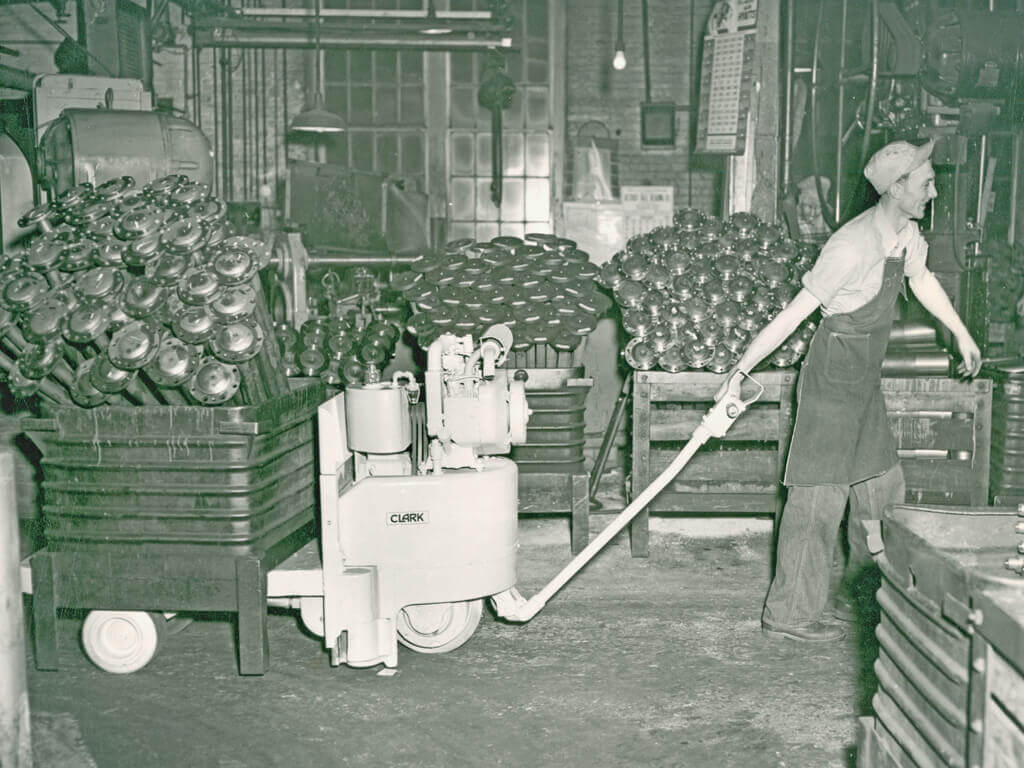
The Hydrolift (internal combustion) and Electrolift (electric) pallet trucks are introduced. Later branded the Powrworker, the Electrolift was a powered walkie-type hand truck. It was available in pallet, platform, tug and forklift stacker type trucks.
1953
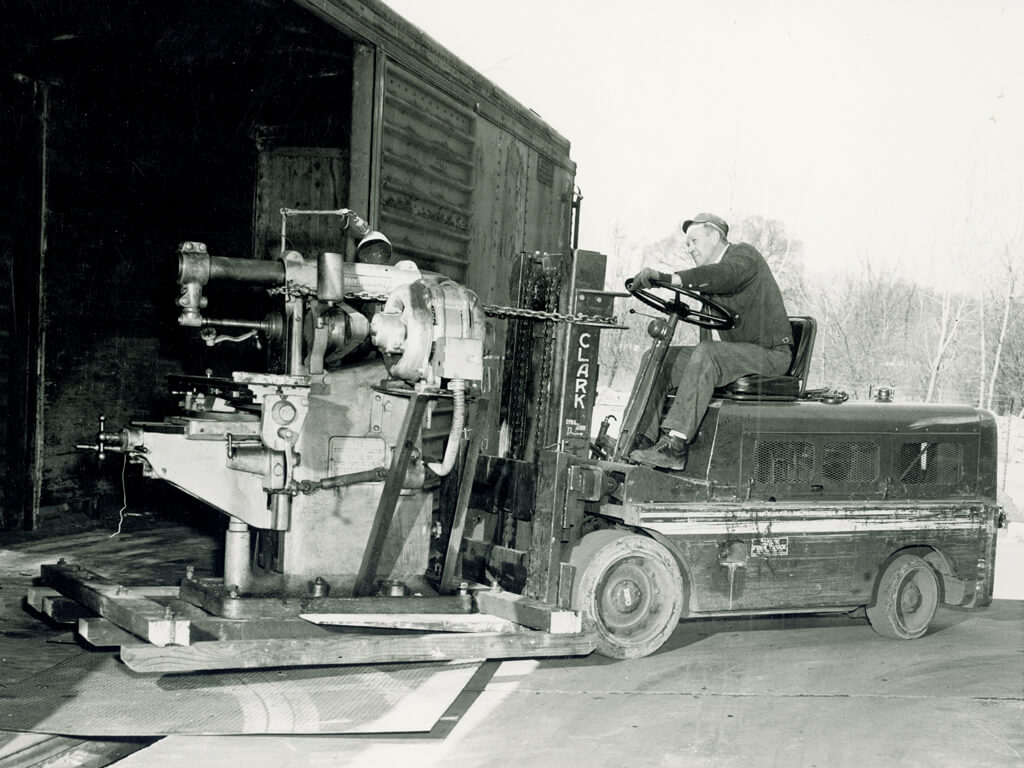
The Hydratork fluid transmission is introduced. The Hydratork transmission was designed and built by Clark and used a torque convertor to replace the dry friction clutch.
1956
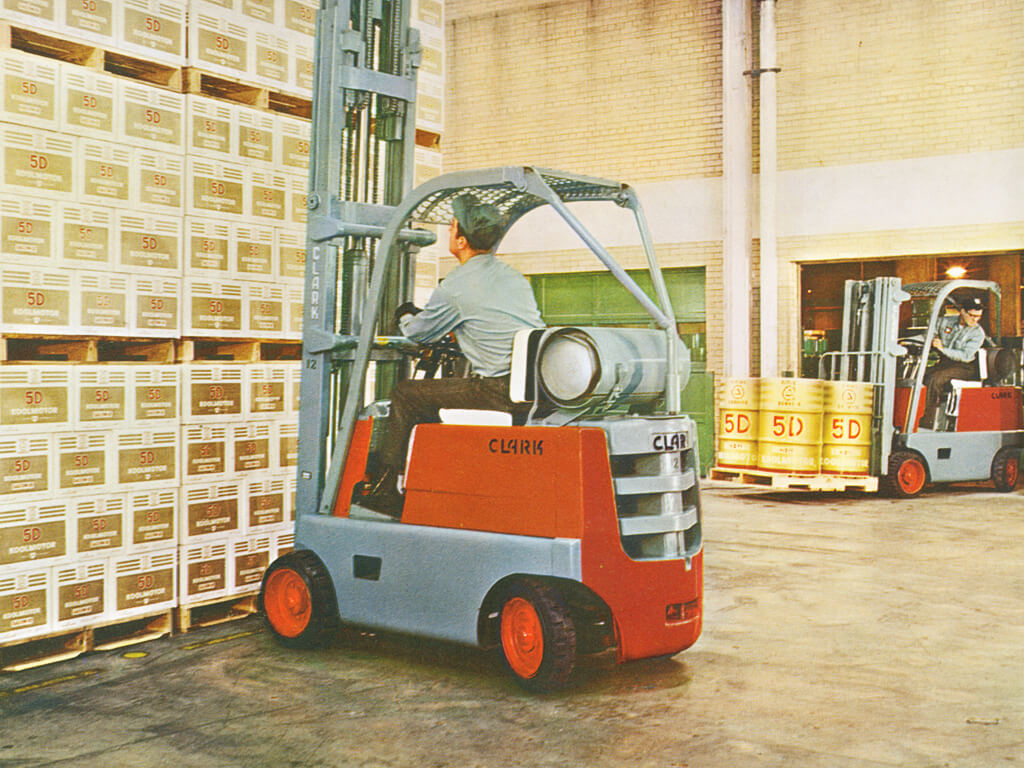
The Clarklift family line is introduced. The Clarklift was a complete line of internal combustion and electric powered fork lift trucks and was available in both cushion and pneumatic-tired versions. It eventually superseded the Carloader, Utilitruck and Clipper models.Clark introduces the nested I-beam upright. This new upright design dramatically improved upright strength and load stability.
1959
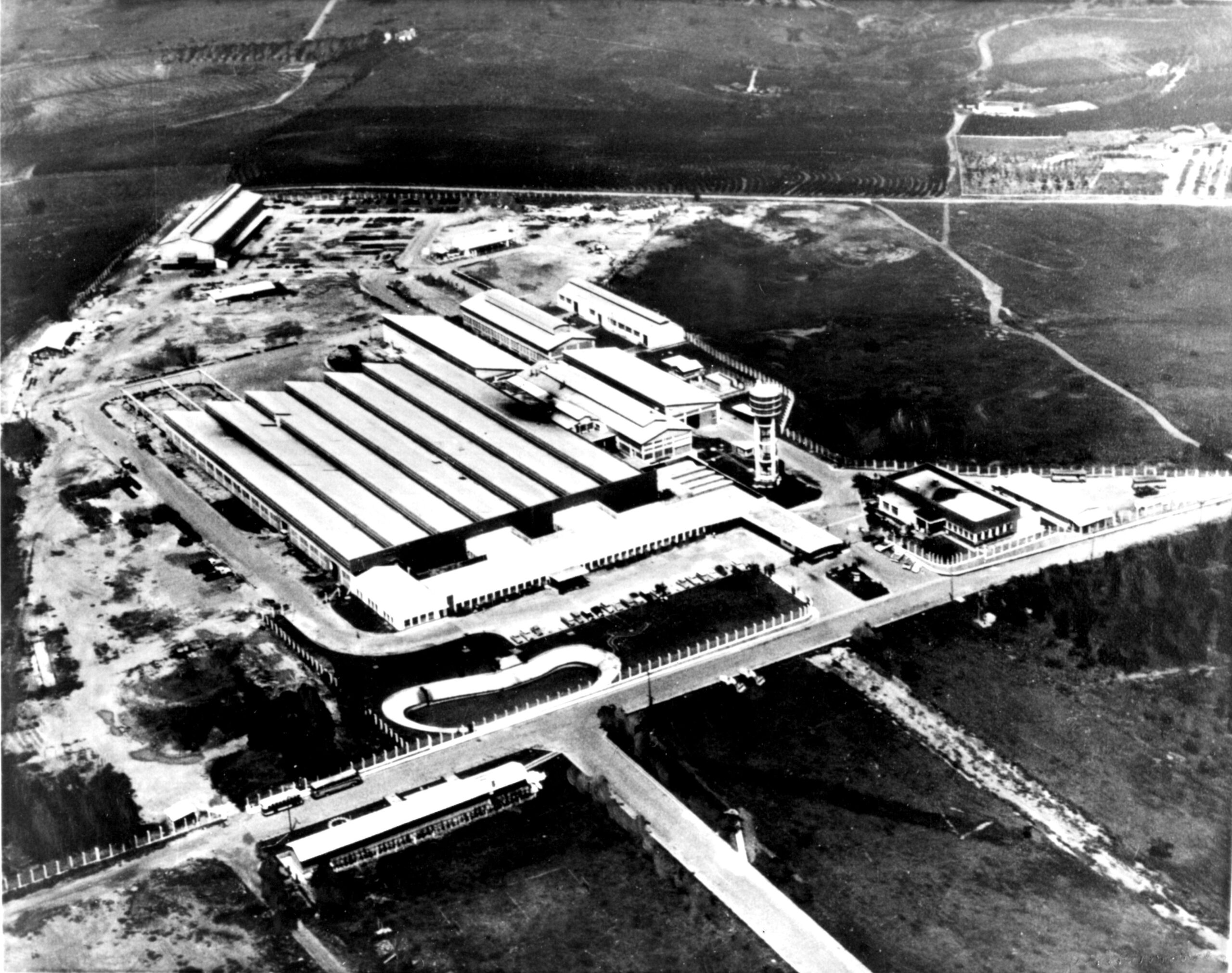
Clark International, C.A. launches Equipamentos Clark S.A. in Campinas, Brazil. This was Clark’s first production facility in South America.
1964
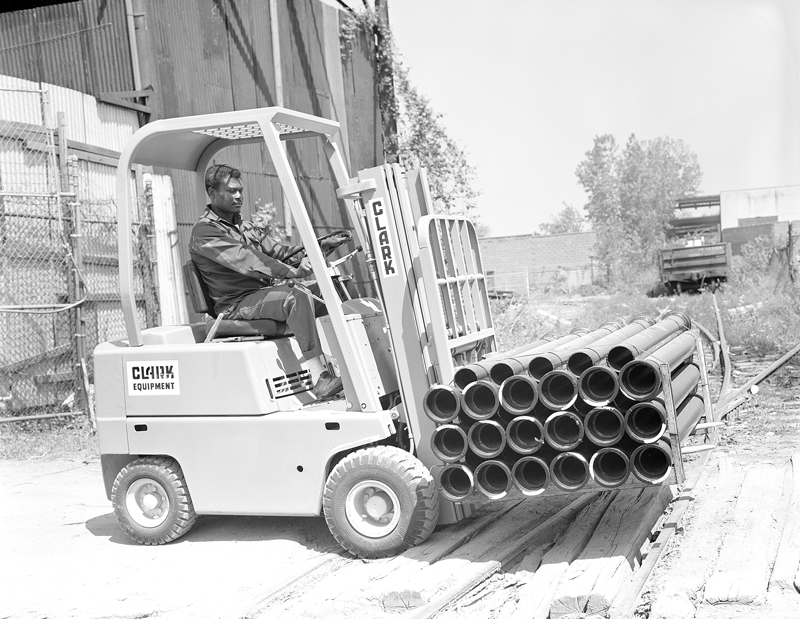
Clark is the first lift truck manufacturer to install load back rests and overhead guards as standard equipment on all of its trucks. Lift truck production begins at Clark Equipments’s St. Thomas, Ontario, Canada plant
1967
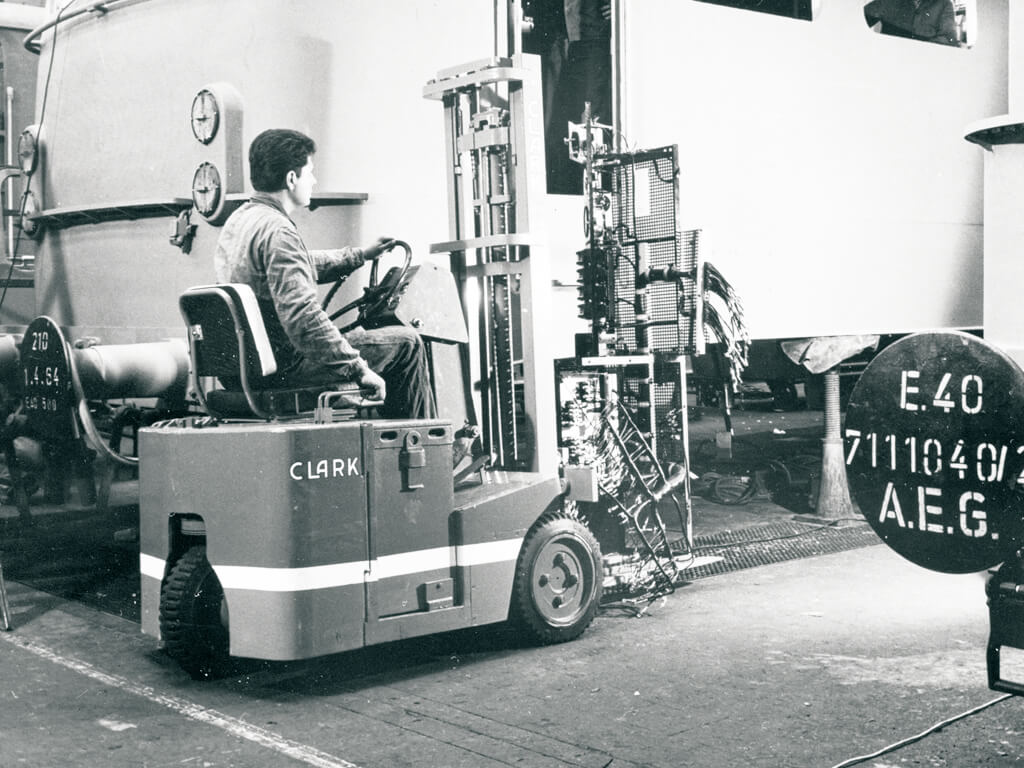
The TW15/20 is introduced. The TW15/20 was the first electric three-wheel lift truck in the U.S. and became an industry standard. This highly maneuverable lift truck was used across multiple industries including shipping, warehousing and bottling. The TW15/20 evolved into the 24 volt TM10/15S in 1981. The TM10/15S in turn evolved into the 36 volt TM15/20 in 1986.
1968
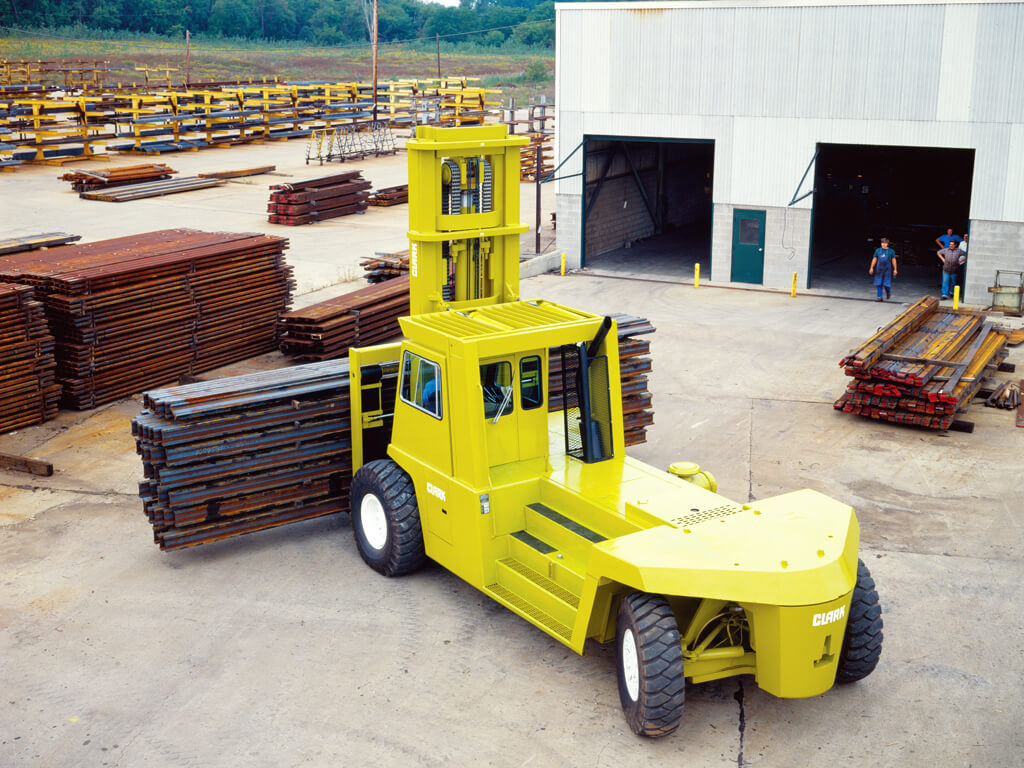
The C500 family line is introduced. The C500 line included internal combustion and electric trucks and was available with both cushion and pneumatic tires. Clark fork lifts in the C500 line ranged from 2000 pound capacity models for warehousing use to large 80,000 pound capacity models for steel fabrication. It eventually replaced the Clarklift model line.
1972
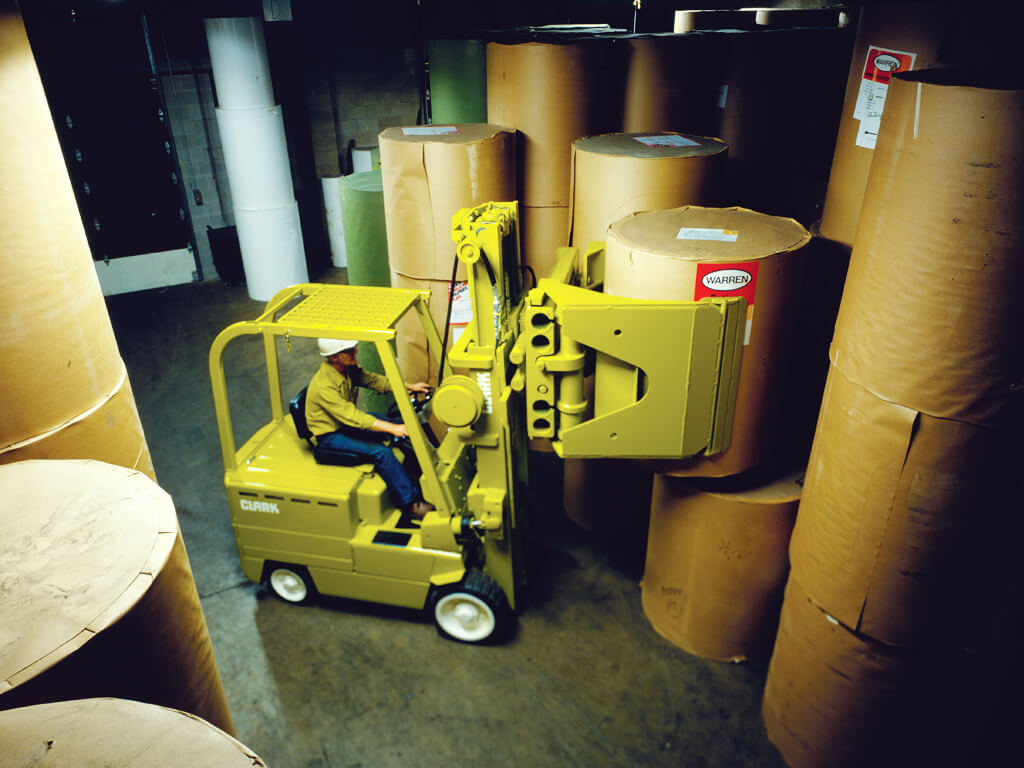
Clark offers the industry’s first dual voltage electric trucks. These trucks provided performance options based on the demands of the customer’s application.
1974
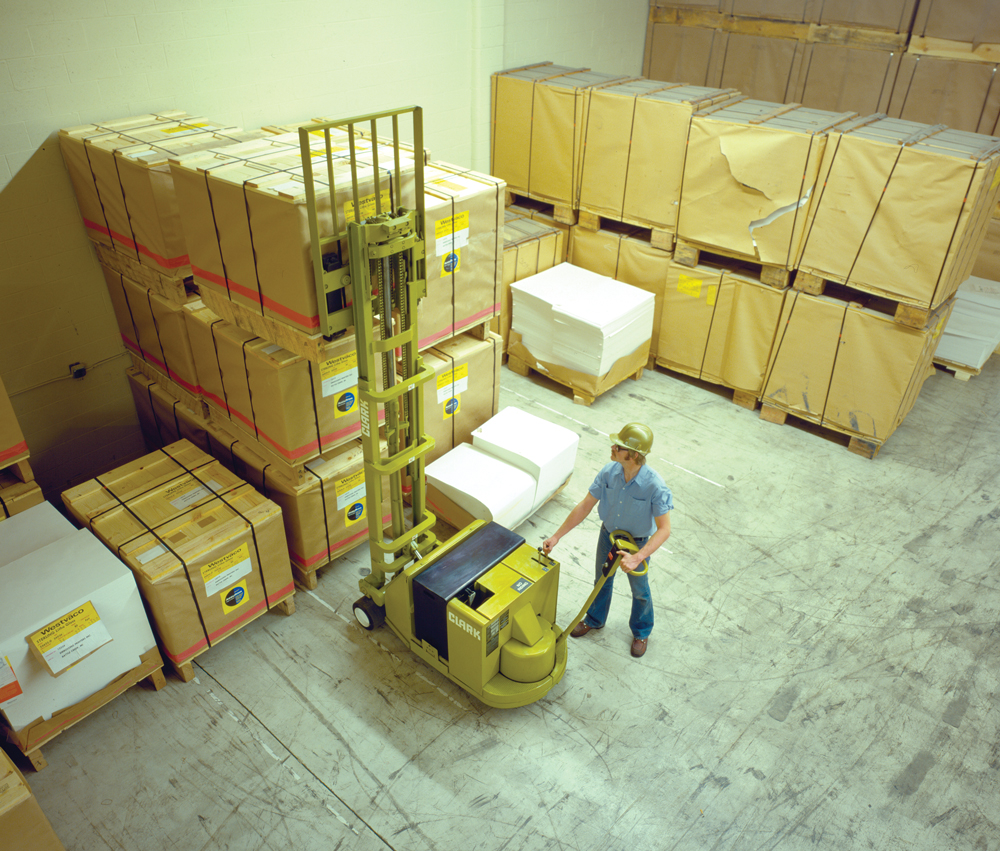
Clark’s Georgetown, Kentucky plant begins production of sit down, narrow aisle stand-up & Powrworker electric lift trucks.
1976
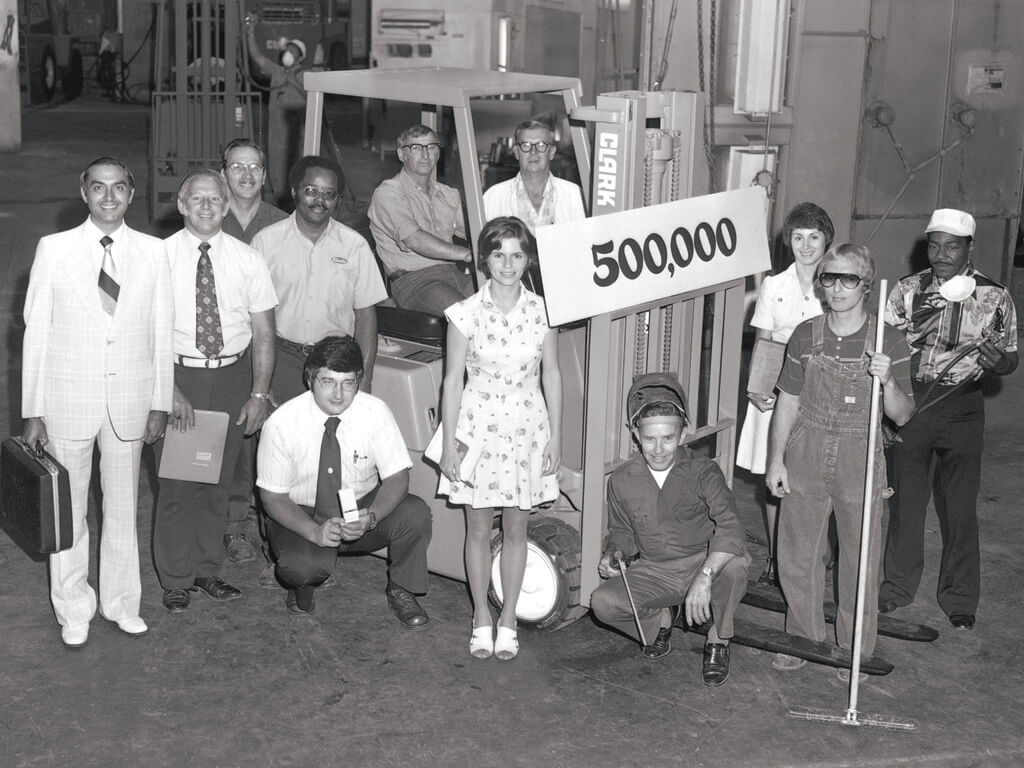
Clark builds its 500,000th truck, a C500-50 internal combustion four wheel forklift truck. Donated to Western Michigan University in 1977, where the truck was in service.
1981
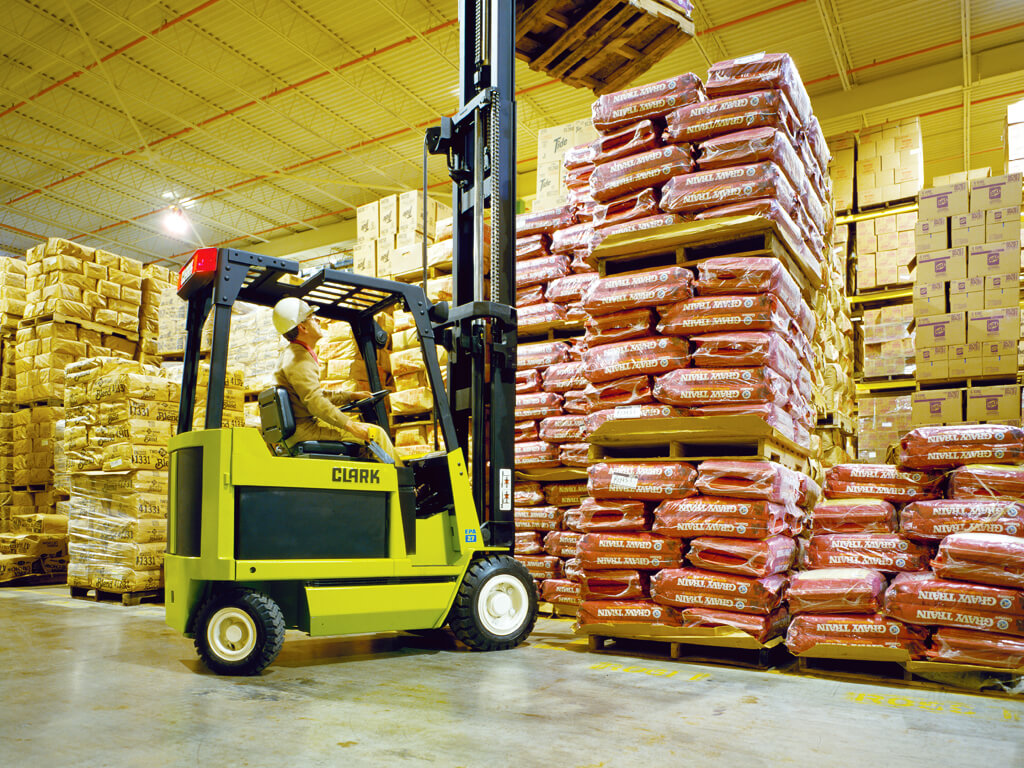
The ECA17-30 & EPA 20-30 four wheel electric trucks are introduced. They represented a major advance in CLARK electric lift truck design and ergonomics through improved reliability, productivity and operator comfort. The ECA model evolved into the ECS17-30 in 1987, which in turn evolved into the ECG20-32 in 1996.
1983
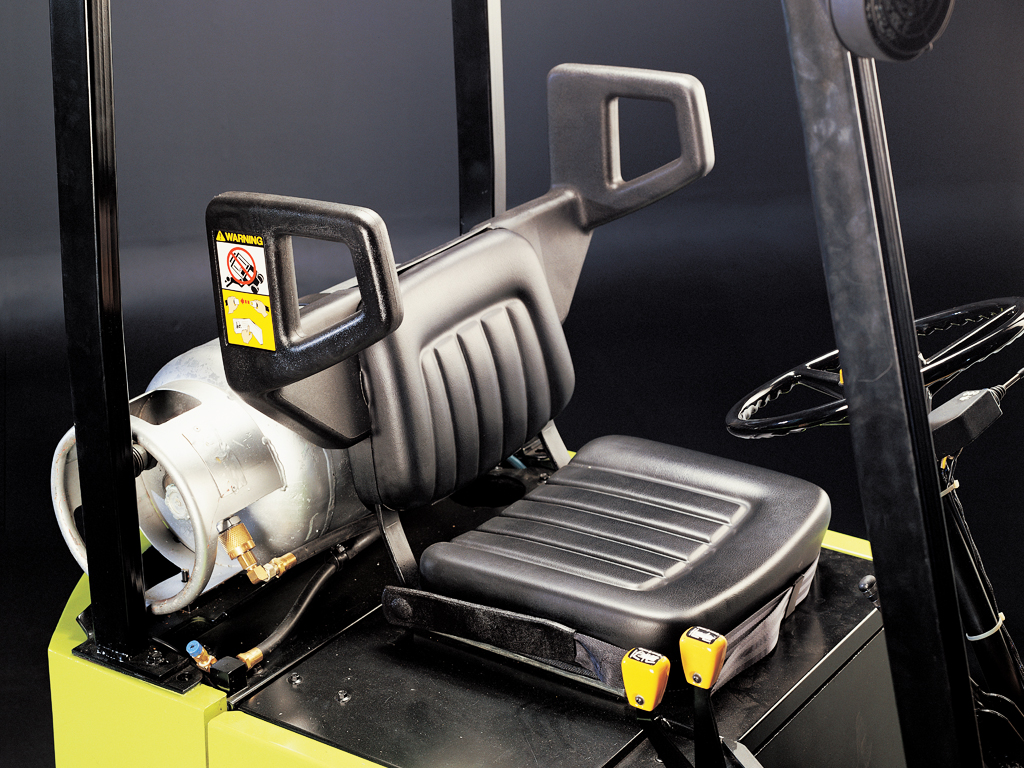
The Clark safety seat retrofit program is launched. Clark’s pioneering operator restraint system was offered free of charge to existing Clark forklift truck customers. The patent for this safety innovation was offered to all lift truck manufacturers, royalty-free.
1985
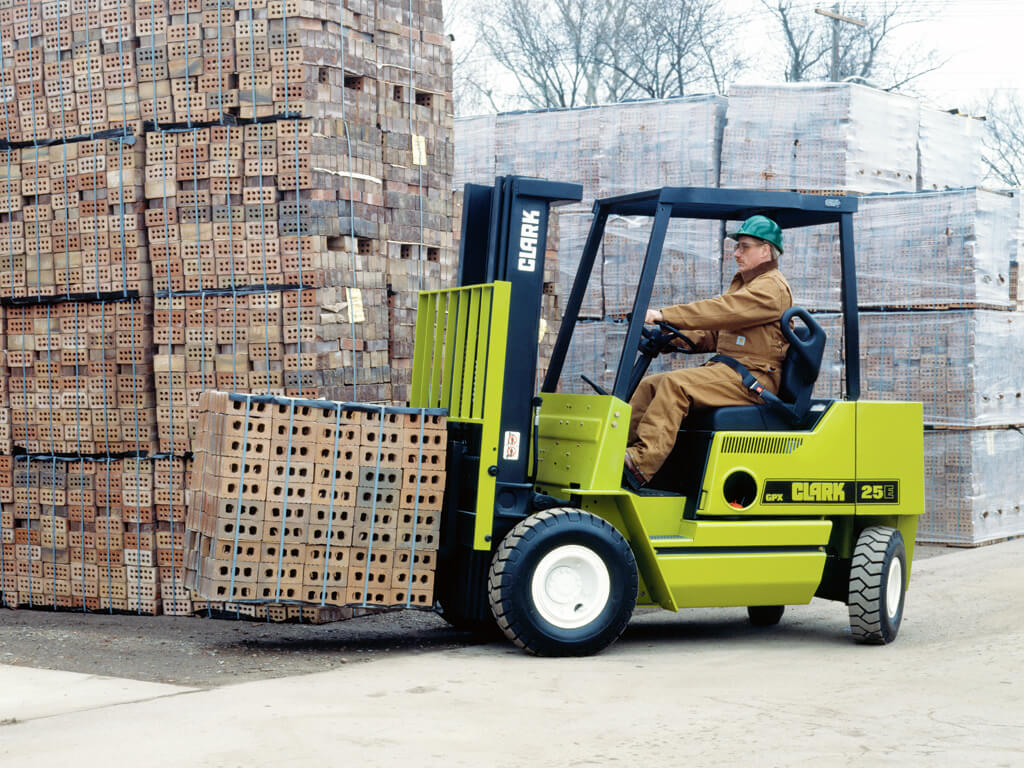
The GCS/GPS “System” model trucks are introduced. The System Truck concept enabled customers to match their forklift trucks to their applications through a selection of engines, axles and transmissions.
1990
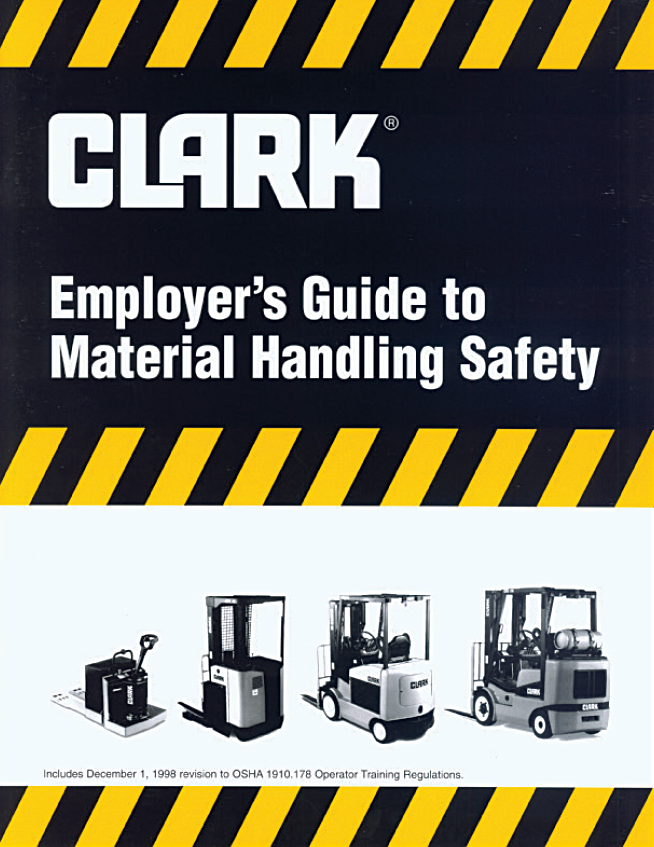
Clark is the first lift truck manufacturer to provide the “Employer’s Guide to Material Handling Safety” on every truck delivered.
1991
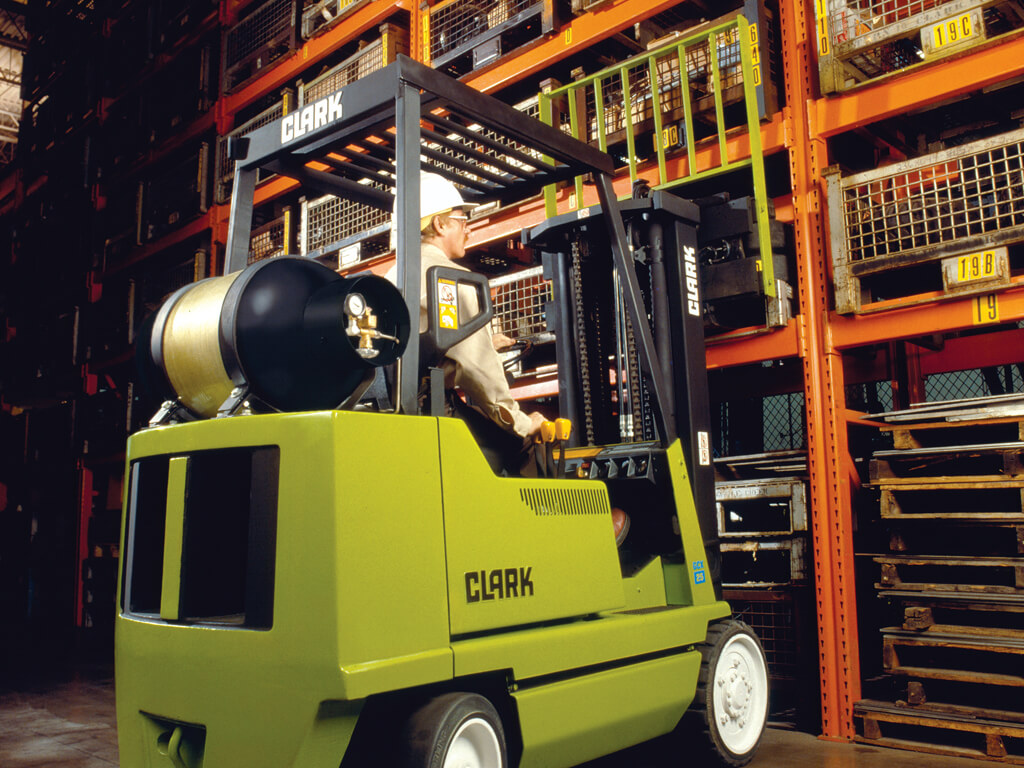
Clark is the first lift truck manufacturer to offer a factory-installed compressed natural gas (CNG) fuel option. The benefits of CNG include low emissions and cost.
1994

The Genesis model line of four wheel internal combustion cushion and pneumatic-tire fork lifts is introduced. The Genesis featured a rubber isolated operator cell to improve operator comfort and set new industry standards for productivity and reliability.
1997
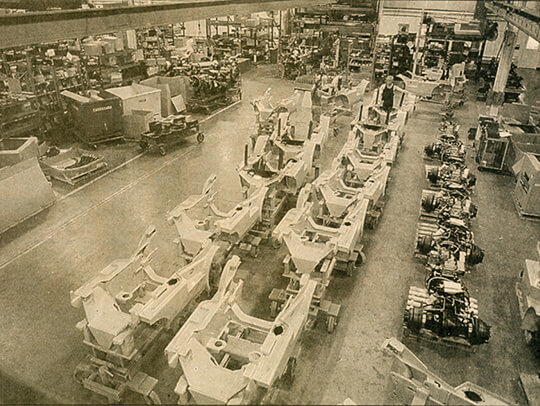
The one-millionth Clark truck is produced.
1998
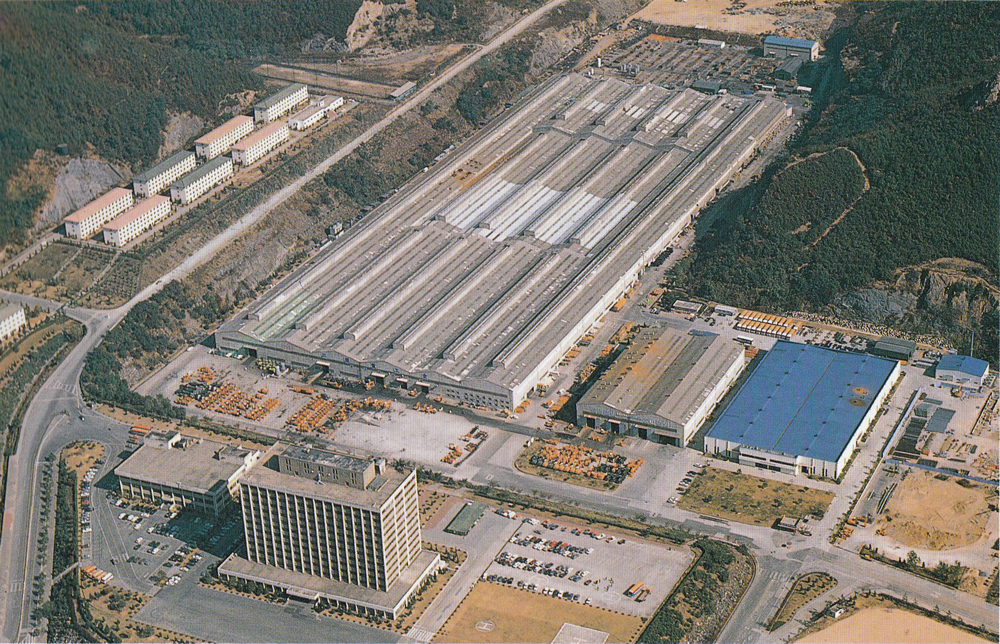
CLARK Material Handling Company acquires the Samsung Fork Lift Company of Korea. As CLARK Material Handling Asia, this facility designs and manufactures Clark lift trucks for the global market.
1998
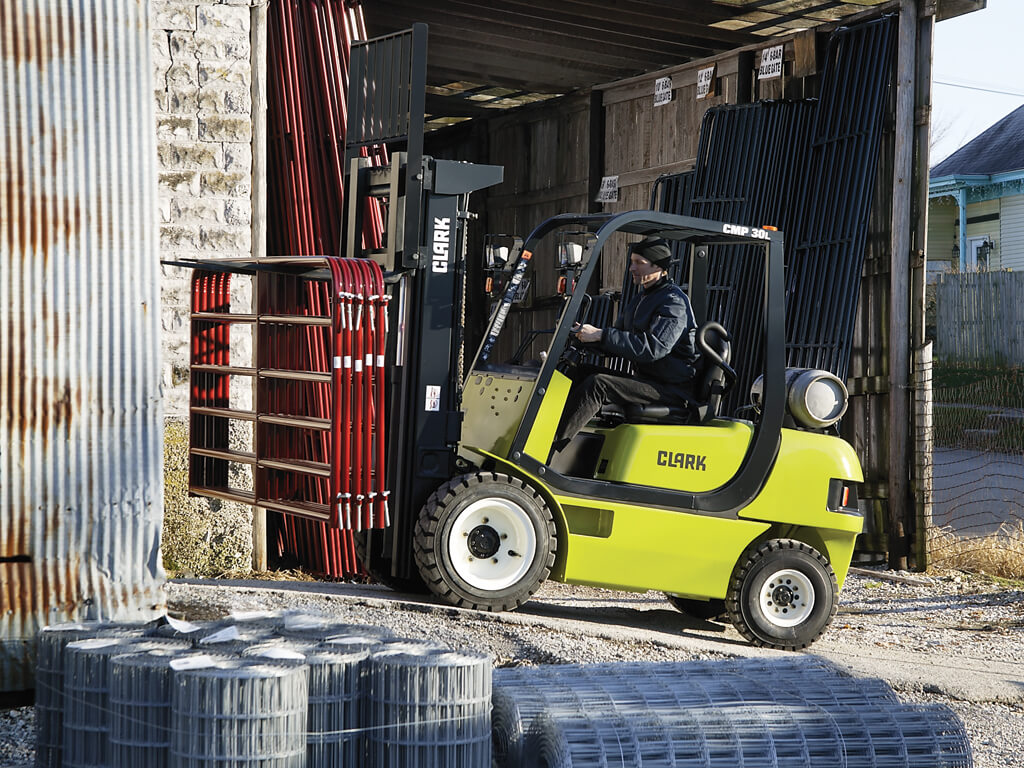
The Clark M-Series model family, designed and manufactured by Clark Material Handling Asia, is introduced to the lift truck market. The M-Series models extends and supplements Clark’s global product line-up.
1999

Clark Aftermarket Parts Depot in Louisville, Kentucky, is opened. This large parts facility has state-of-the-art pick systems and is strategically located to allow same day shipping to Clark’s dealer network.
2001
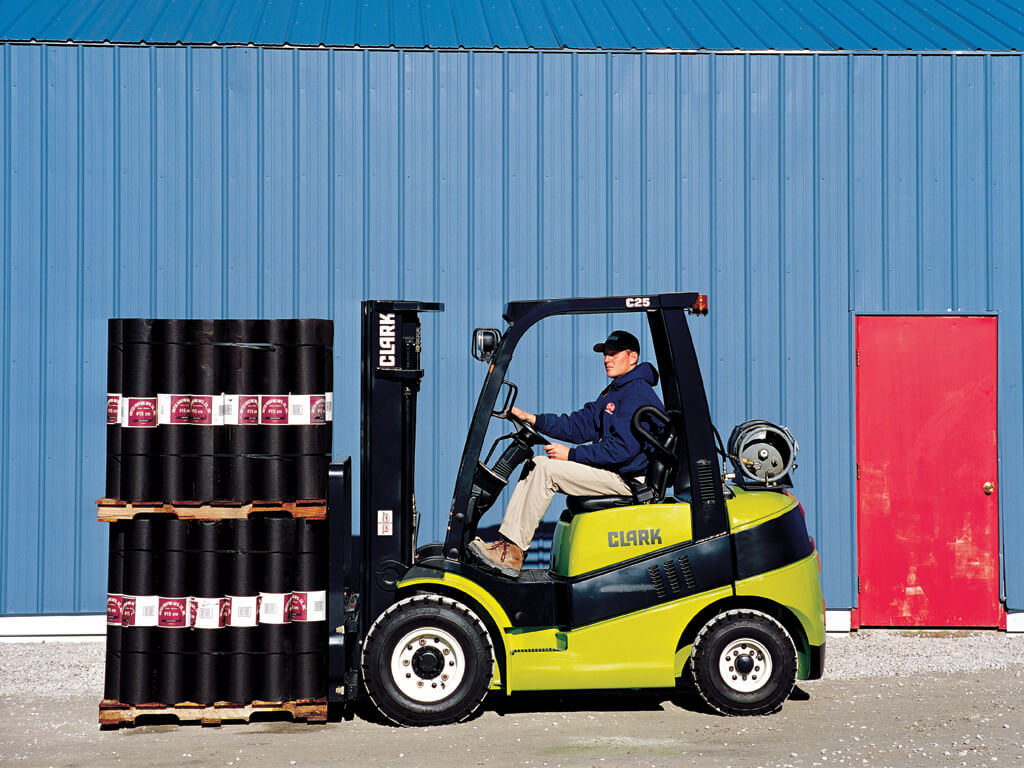
The Clark Gen2 Series is introduced to the global lift truck market. The Gen2 is available in capacities of 4000 to 6500 pounds and with either cushion or pneumatic tires. Designed and manufactured by Clark Material Handling Asia, the Gen2 continues Clark’s reputation for building reliable and hard-working lift trucks.
2002
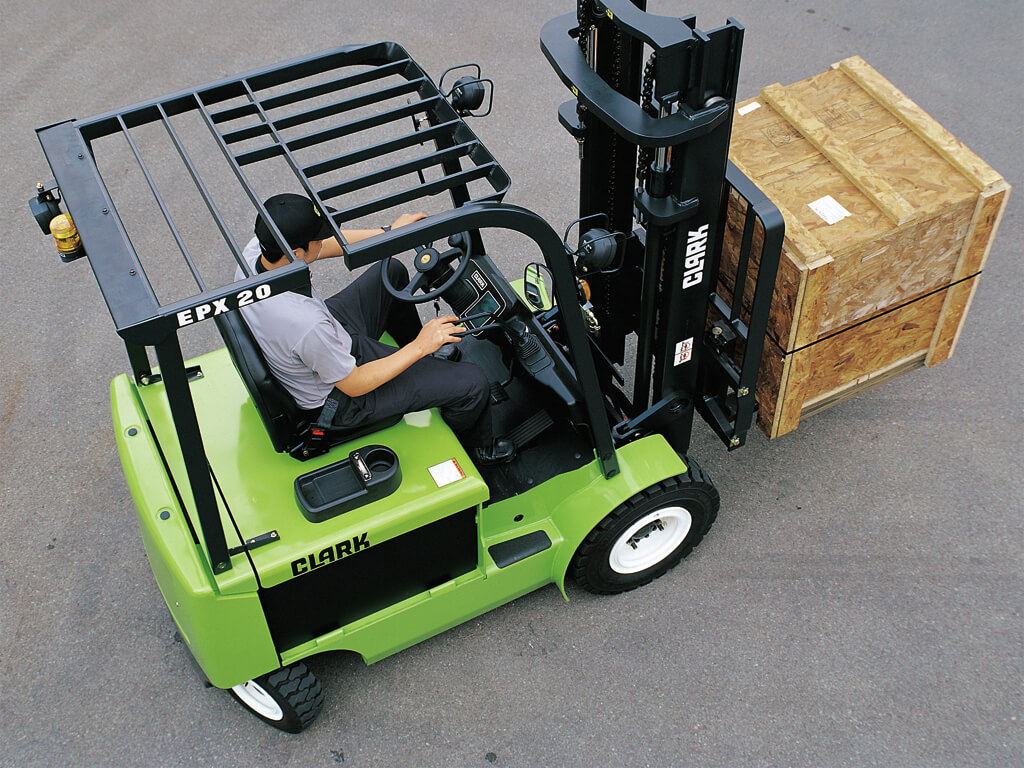
The EPX20/30 Series electric lift truck is released for applications that require pneumatic tires.
2003
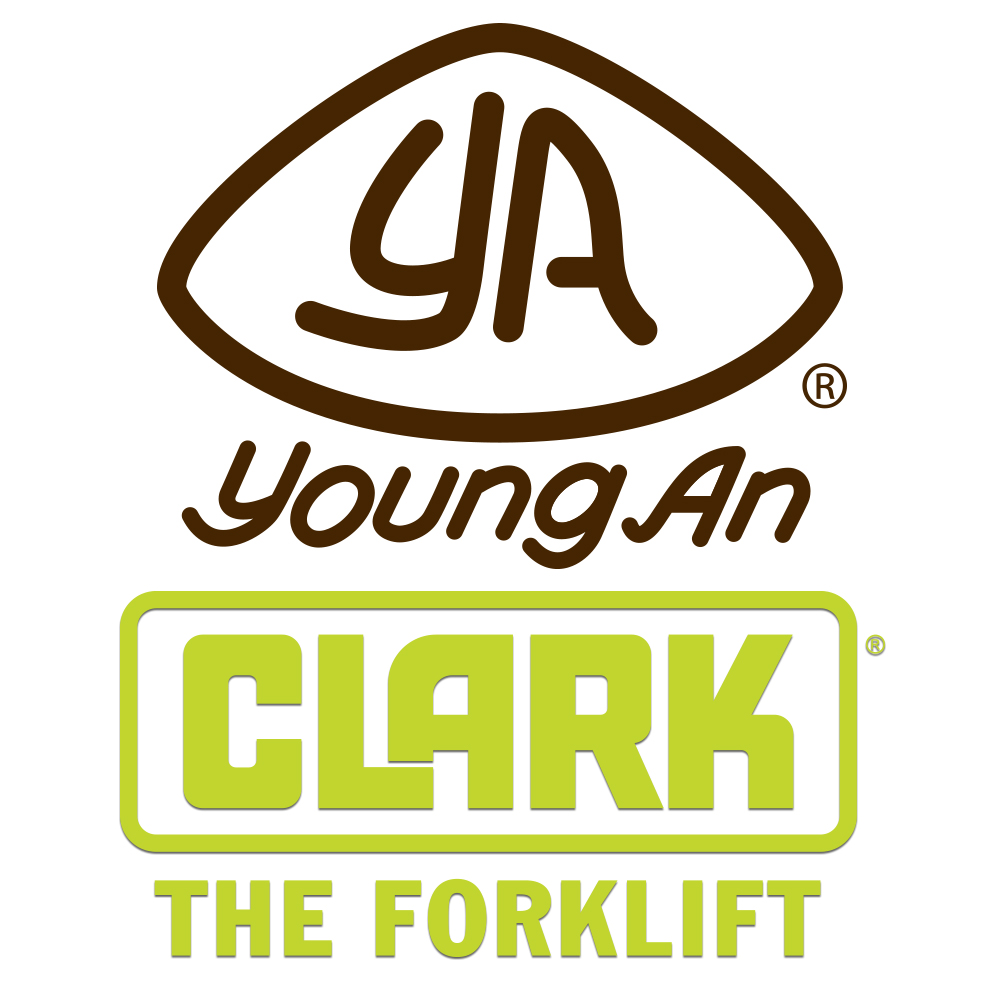
Clark Material Handling Company is acquired by Young An Hat Company, headquartered in Seoul, South Korea. They also acquired CLARK Material Handling Asia.
2005
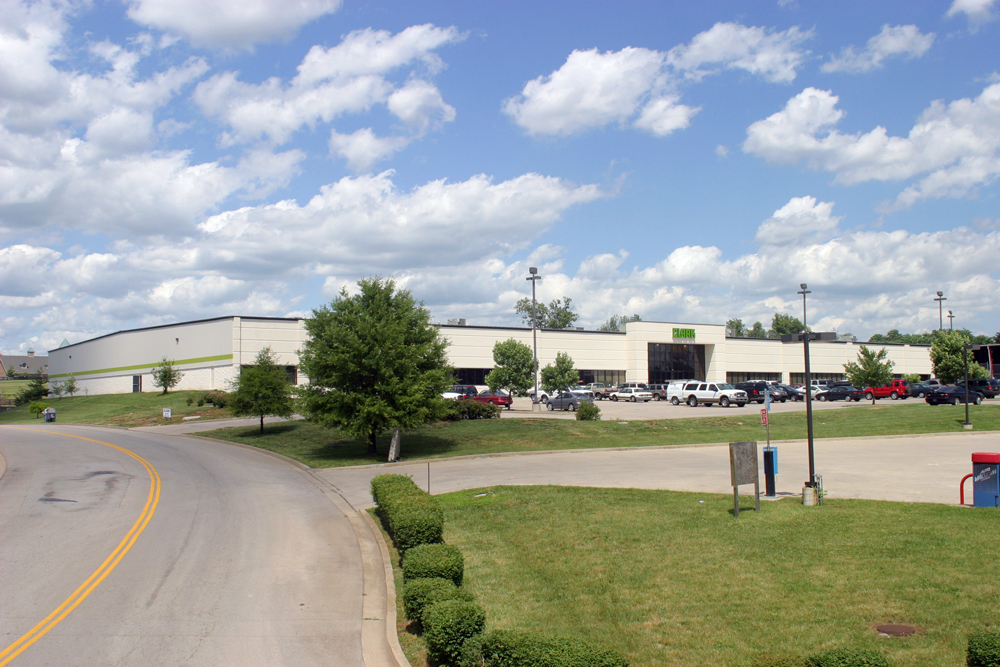
The new CLARK Material Handling Company (CMHC) North American headquarters is opened in Lexington, Kentucky. The state-of-the-art manufacturing facility, combined with the corporate office space, provides jobs for over 200 employees in the Bluegrass region.
2005
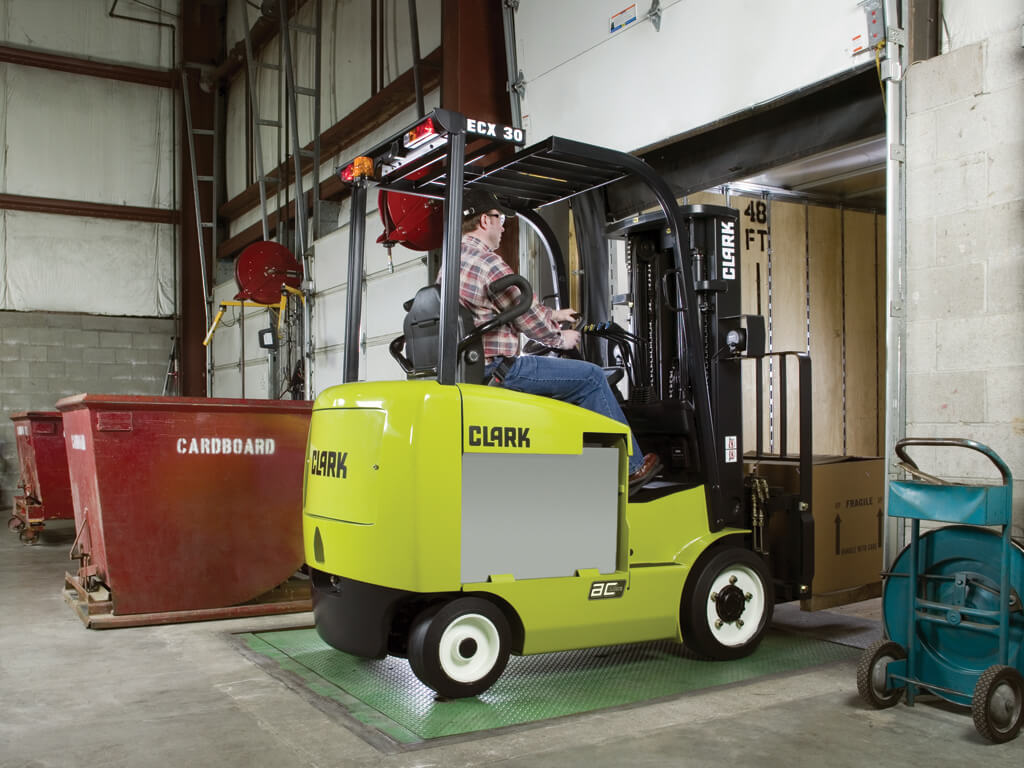
The TMX12-25 and ECX20-32 sit-down electric riders with new 100% AC technology are introduced. These trucks excel in manufacturing, warehousing, bottling and shipping & receiving applications. The TMX12-25 and ECX20-32 AC feature reduced maintenance and noise.
2006

Production of stand-up electric fork lift trucks moves to the CLARK Material Handling Company facility in Lexington, Kentucky.
2006
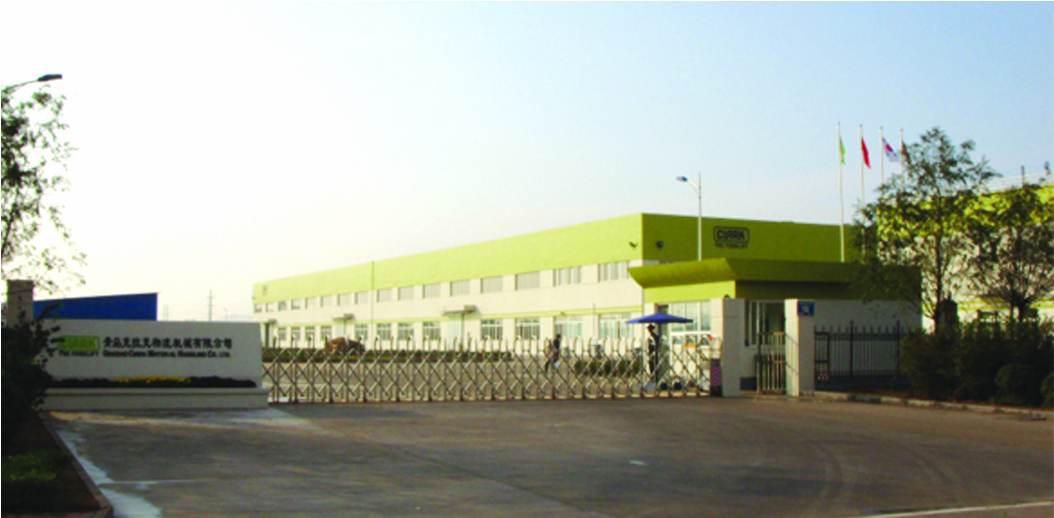
CLARK Material Handling Company, Ltd headquarters and factory opens in Qingdao, China. This facility manufactures a range of electric and internal combustion lift trucks.
2006
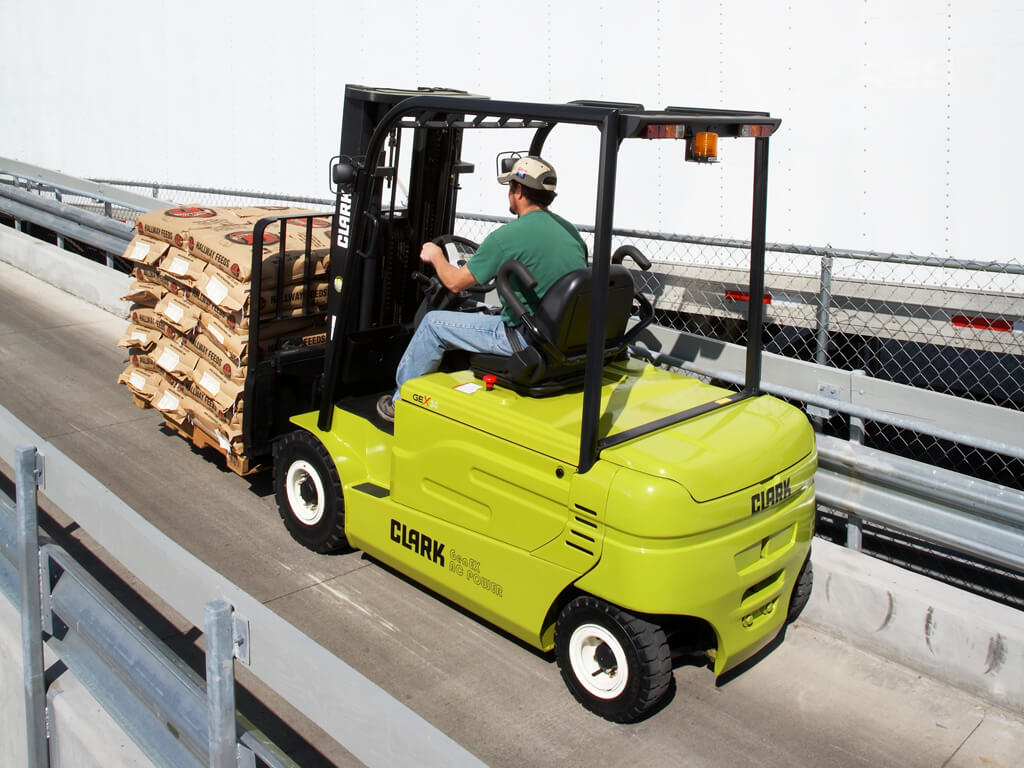
The GEX20/30 electric lift truck is introduced. This 80 volt pneumatic-tired truck offers outstanding speed and performance. A zero turn radius steer axle provides unmatched maneuverability.
2007
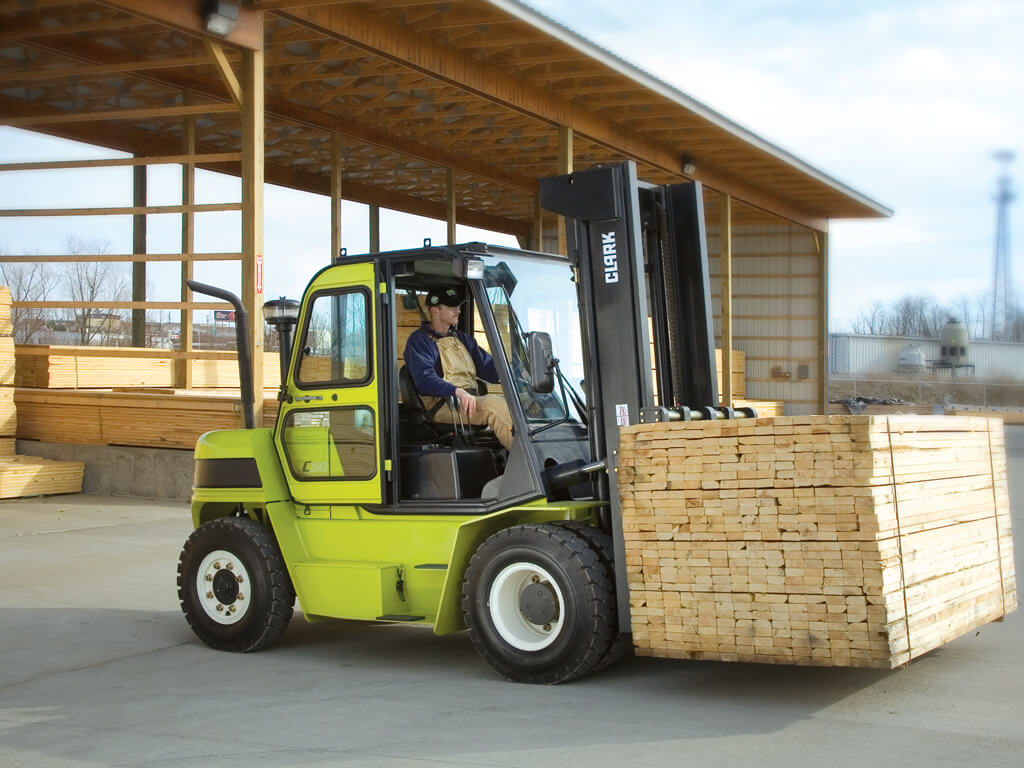
CLARK introduces the C60-80 heavy-duty four wheel lift trucks. This new truck is intended for yard applications in heavy manufacturing, building materials handling, stevedoring and warehousing.
2010
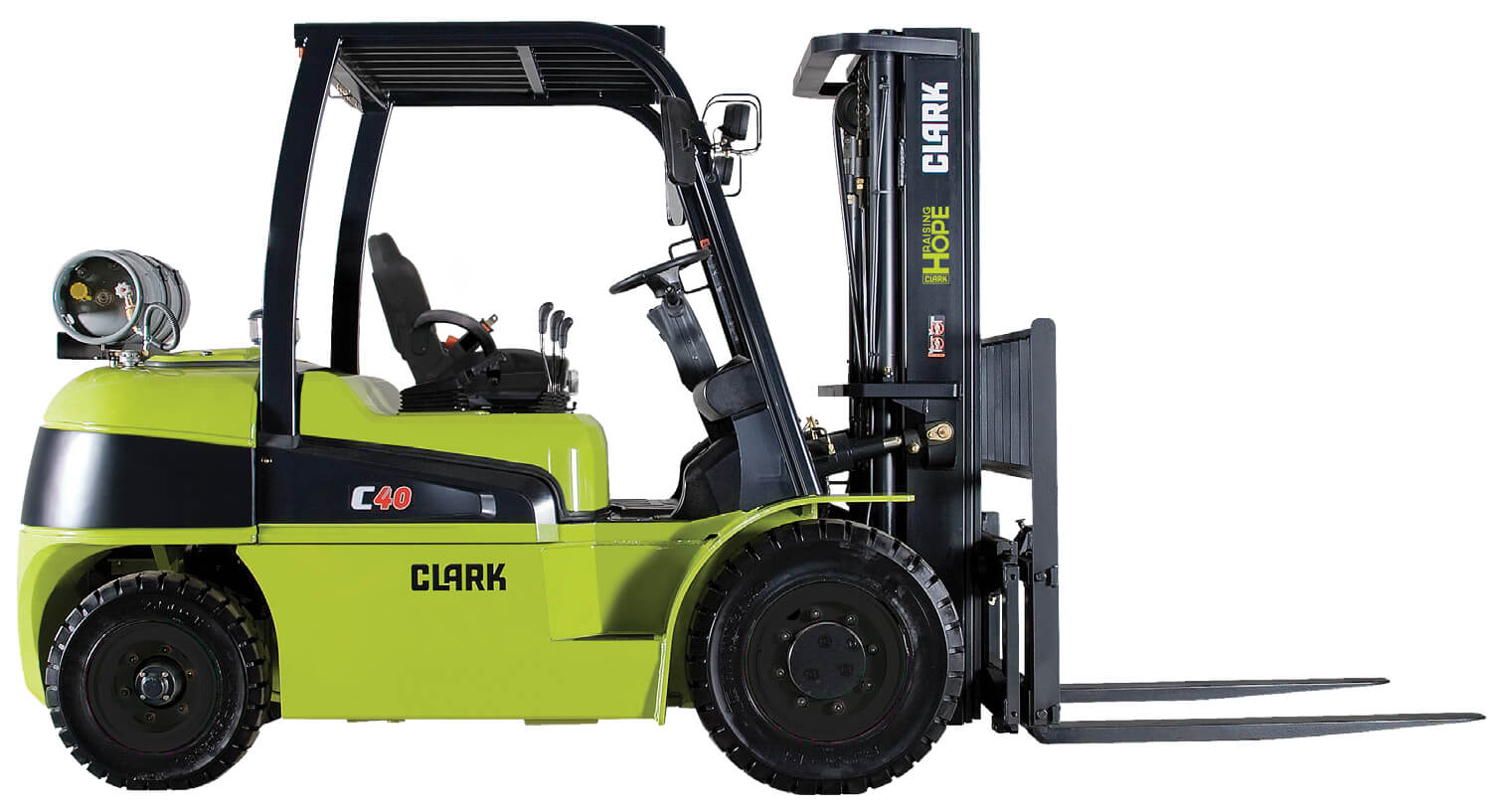
The C40-55s line is introduced, adding to the Gen2 series of lift trucks. Designed with an open core radiator and innovative hydraulic system, the C40-55s is equipped to handle even the harshest of environments.
2013

CLARK is named one of the Best Places to Work in Kentucky.
2014
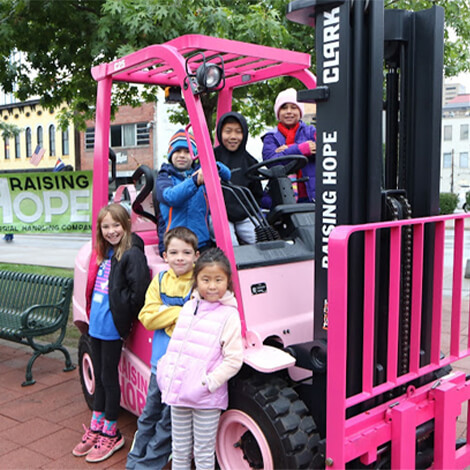
The Raising Hope program is created, a consolidation of philanthropic efforts for the company. Along with providing financial support to local community organizations, CLARK provides 12 hours of Volunteer Paid Time Off for every employee, to allow them to serve their community.
2015
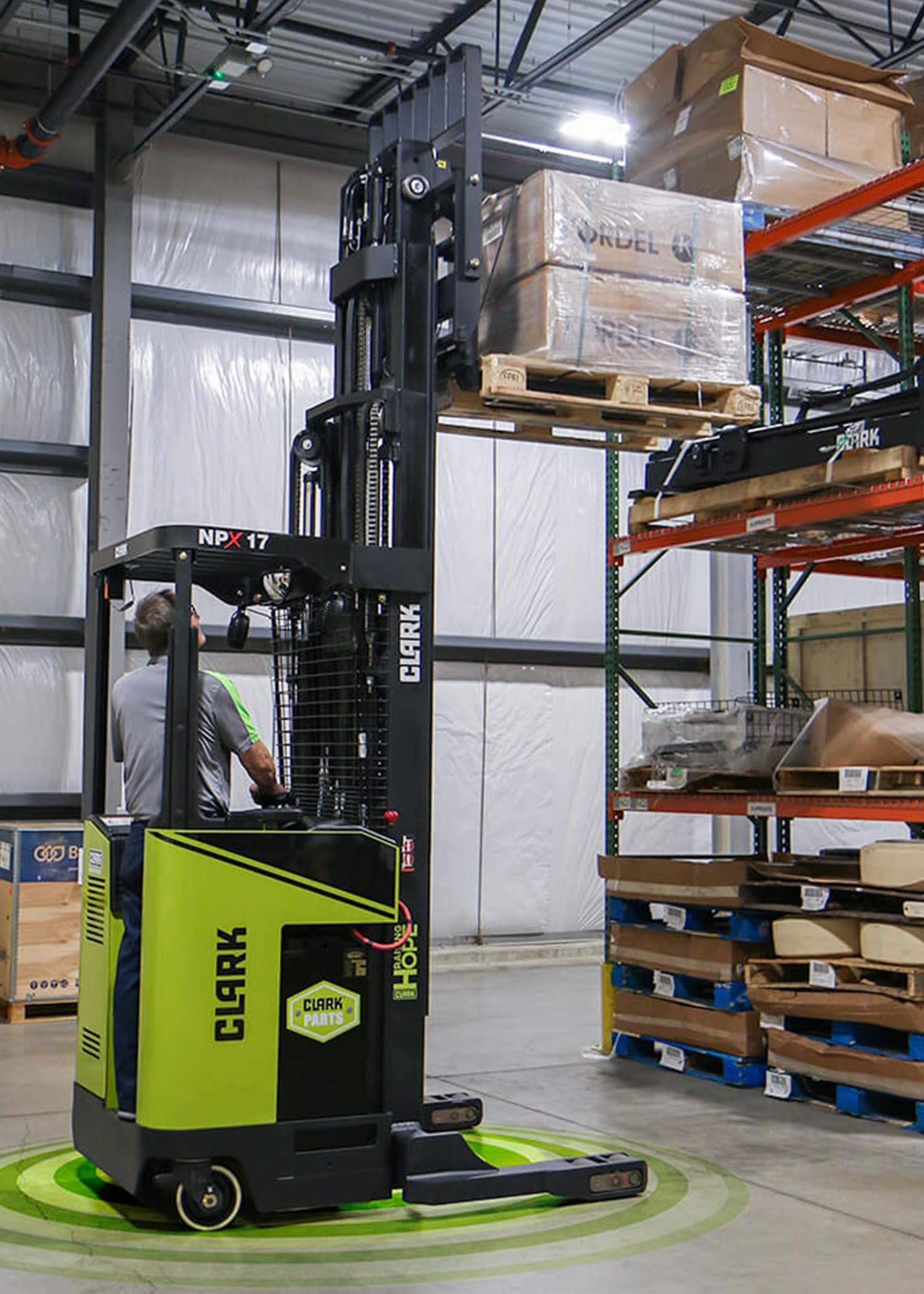
The CLARK NPX reach truck is released, with a capacity range of 3,000-4,500 pounds and a lift height of 400”. The NPX narrow aisle truck has a tight turn radius, industrial strength nested I-beam mast, and industry-leading ergonomic features.
2017
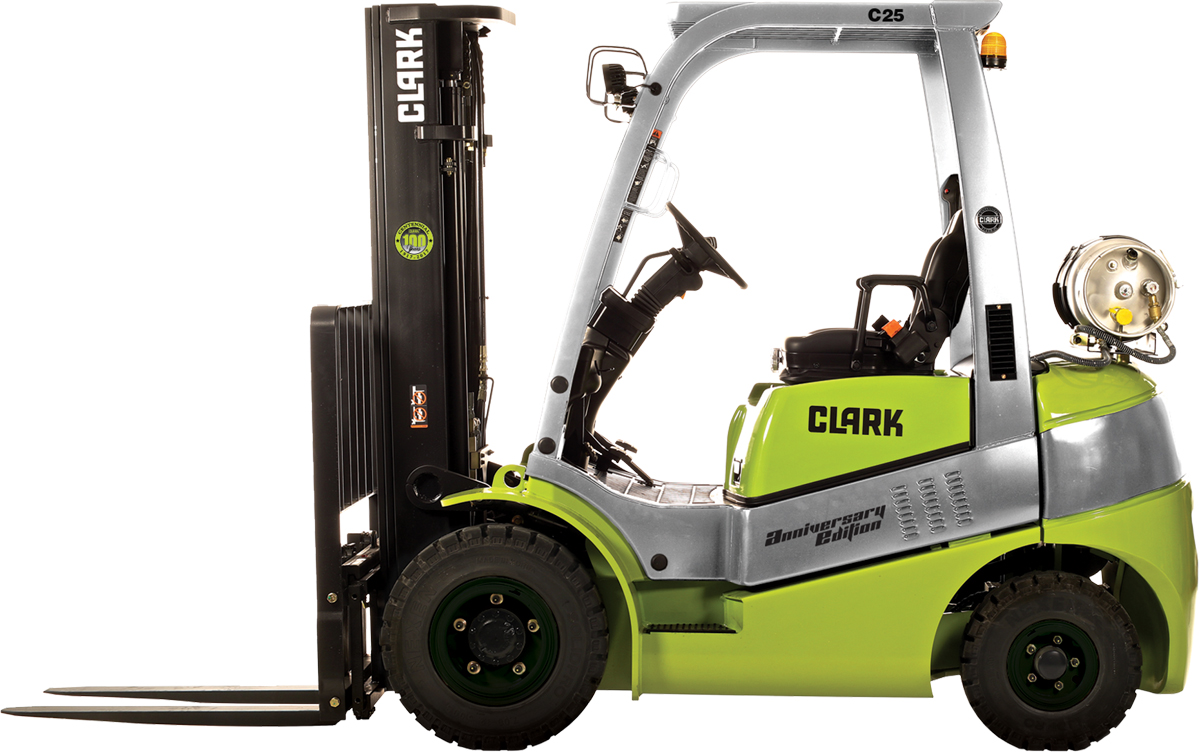
CLARK Material Handling Company observed 100 years of innovation and industry leadership in the design and manufacture of internal combustion and electric forklifts. Along with the introduction of the new Ford 2.5L LPG 4-cylinder engine, a special “Centennial Edition” custom paint and decal package was standard on all C20/C35 lift trucks throughout 2017, commemorating 100 years.
2017

CLARK introduced the GTS20-33 series truck. Quality designed for distribution, manufacturing and warehousing of all types.
2017

The CLARK Raising Hope program is expanded to include 16 hours of Volunteer Paid Time Off annually for each employee. CLARK diversified the organizations it supports, working with more than 50 organizations throughout the Bluegrass region.
2018
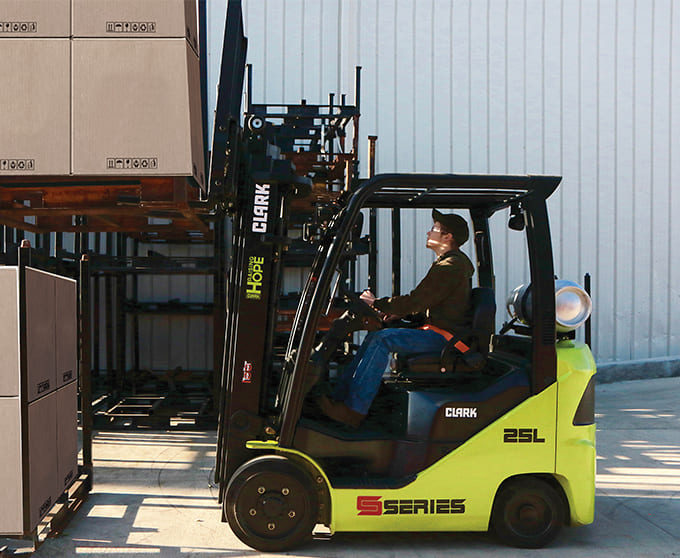
The S20-35 series is introduced, launching the S-SERIES family of trucks which are built to be SMART, STRONG, and SAFE. The S20-35 joins the “heart of the line” family of internal combustion trucks.
2018
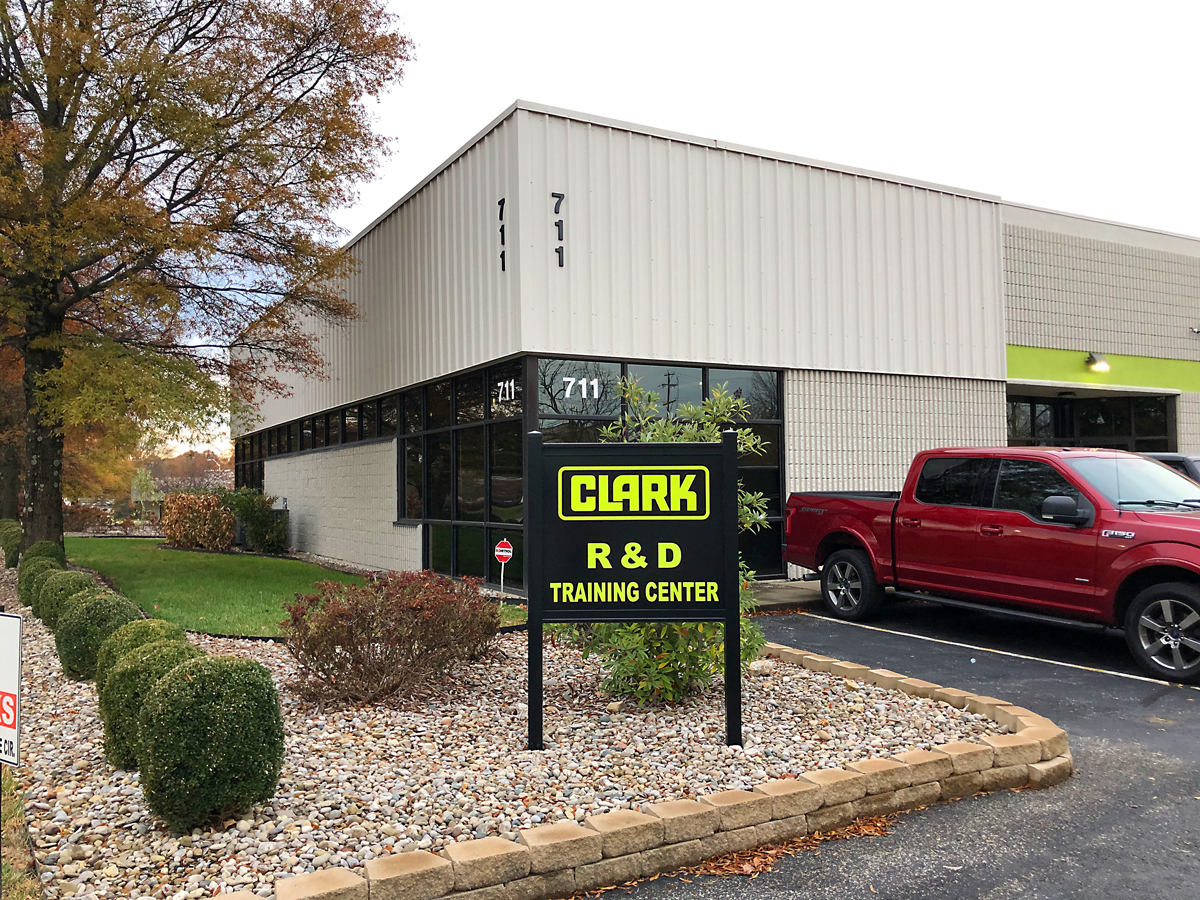
2018 CLARK opens new Research and Development center including test laboratory and prototype build shop.
2019
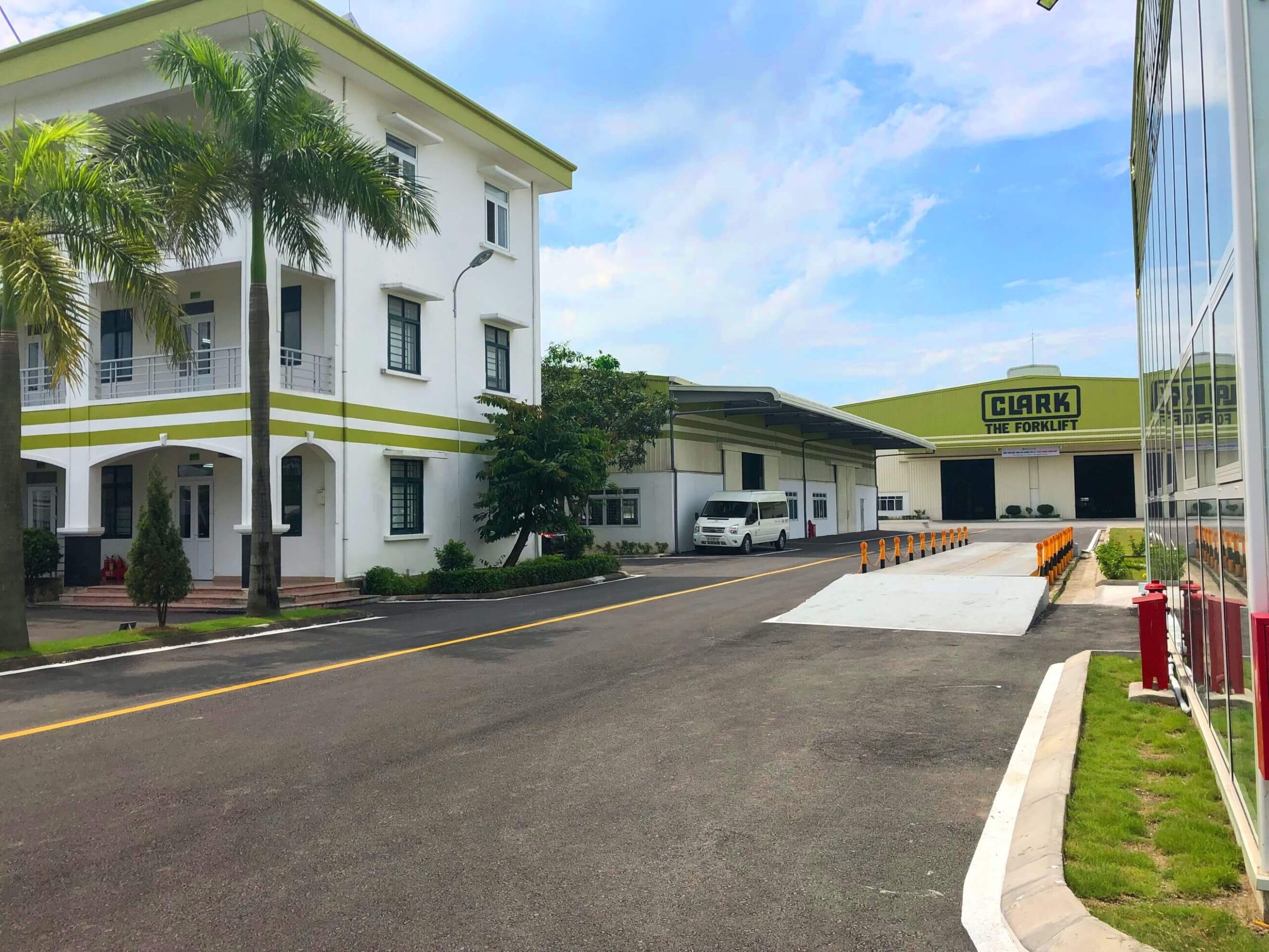
CLARK opens new factory in Vietnam.
2019

The OSQ, a 24-volt working platform vehicle, is introduced. The OSQ is more efficient and promotes greater safety when compared to a traditional ladder. The OSQ is built with the strong CLARK nested I-beam mast to promote safety and stability.
2019
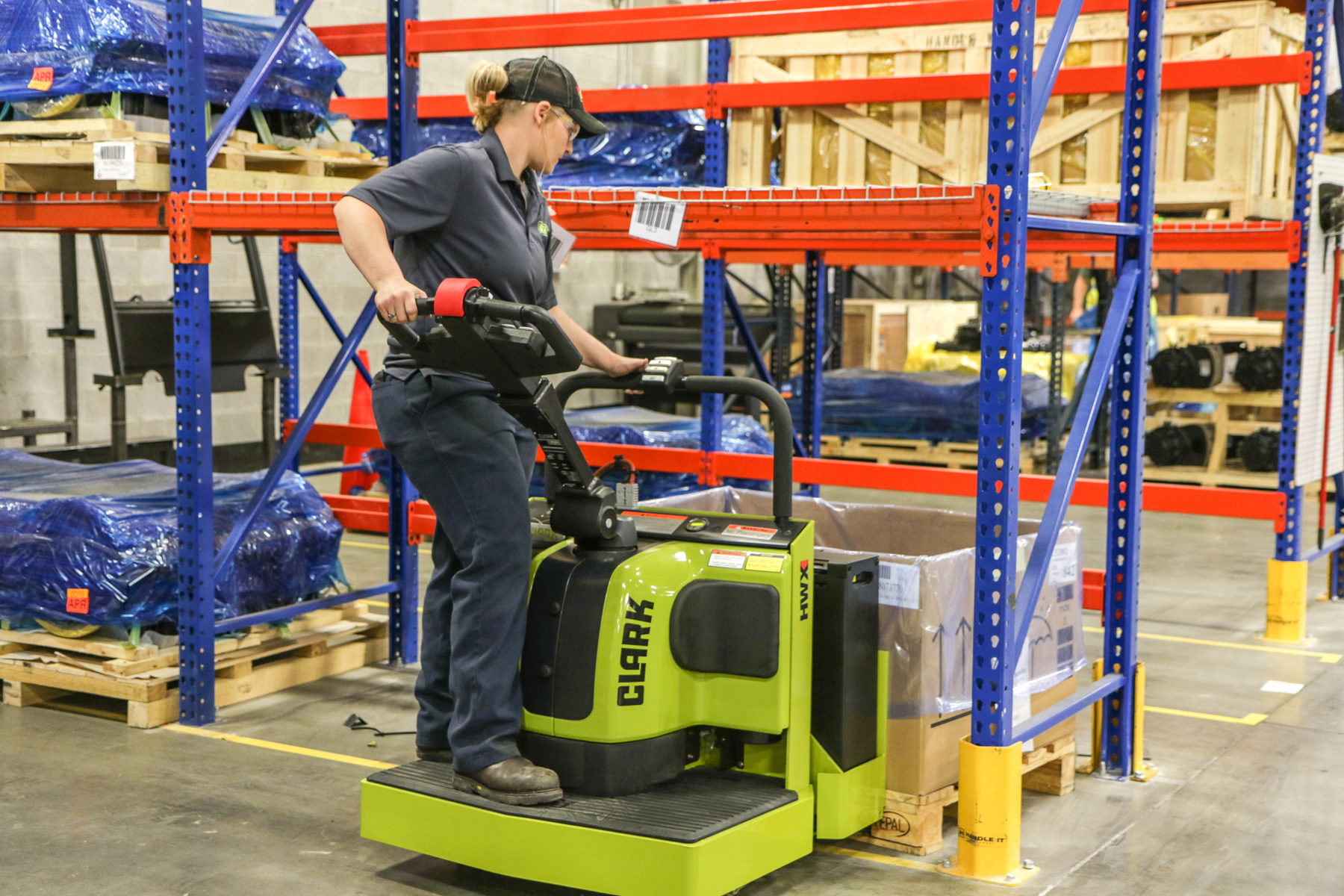
The HWXE/PWXE is introduced. The HWXE/PWXE is the latest in the series of hydraulically powered lowlifts, first introduced in 1920.
2019
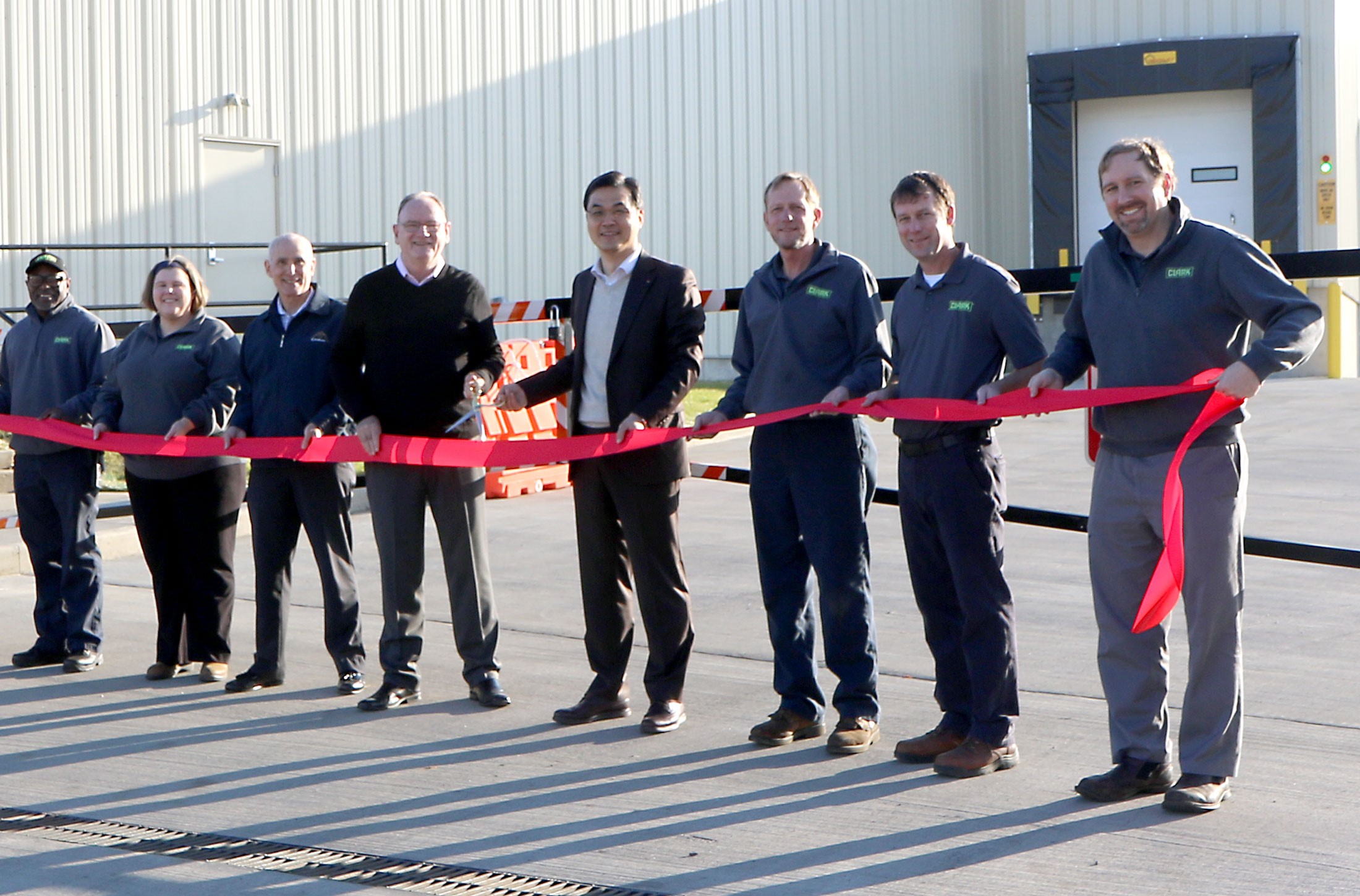
The facilities at its North American corporate headquarters are expanded in Lexington, Kentucky, adding a third facility to the company’s manufacturing operation.
2019
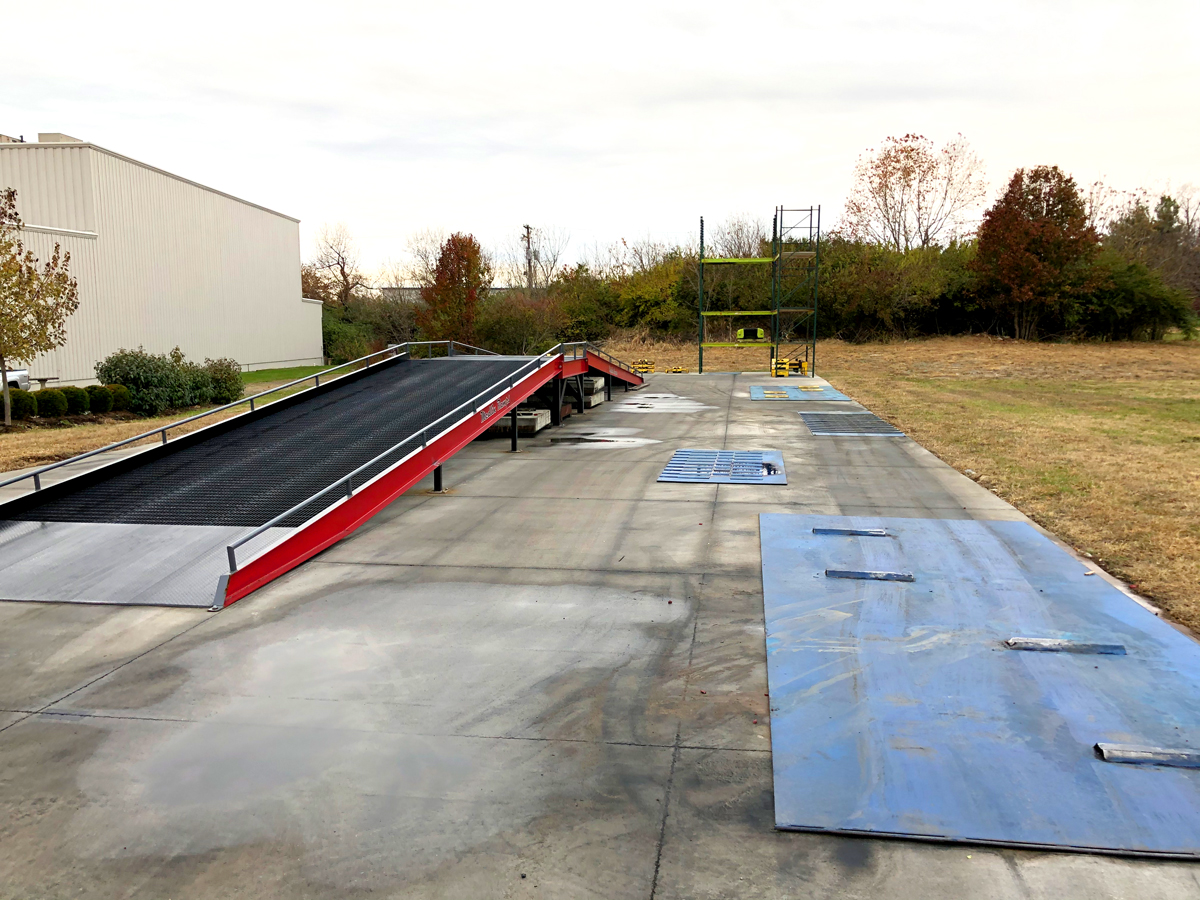
The CLARK product certification course is opened. This course is designed to validate and test new products and components.
2019

CLARK is awarded the distinction of being named one of the “Best Places to Work in Kentucky” for the fourth time.
2020

CLARK is named one of the “Best Places to Work in Kentucky”.
2021
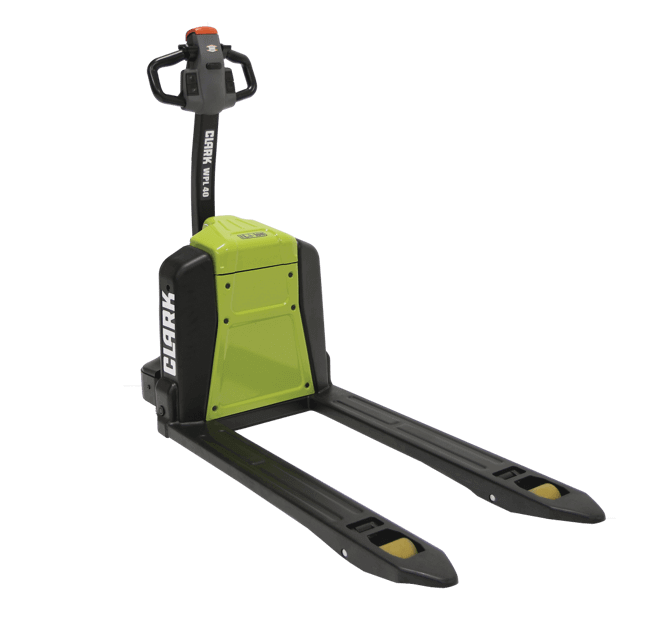
The WPL40 lithium-ion walkie pallet stacker is introduced. With a 4,000-pound capacity, the ability to opportunity charge, and built-in safety features, the WPL40 is the perfect option for trucking and 3PL customers.
2021
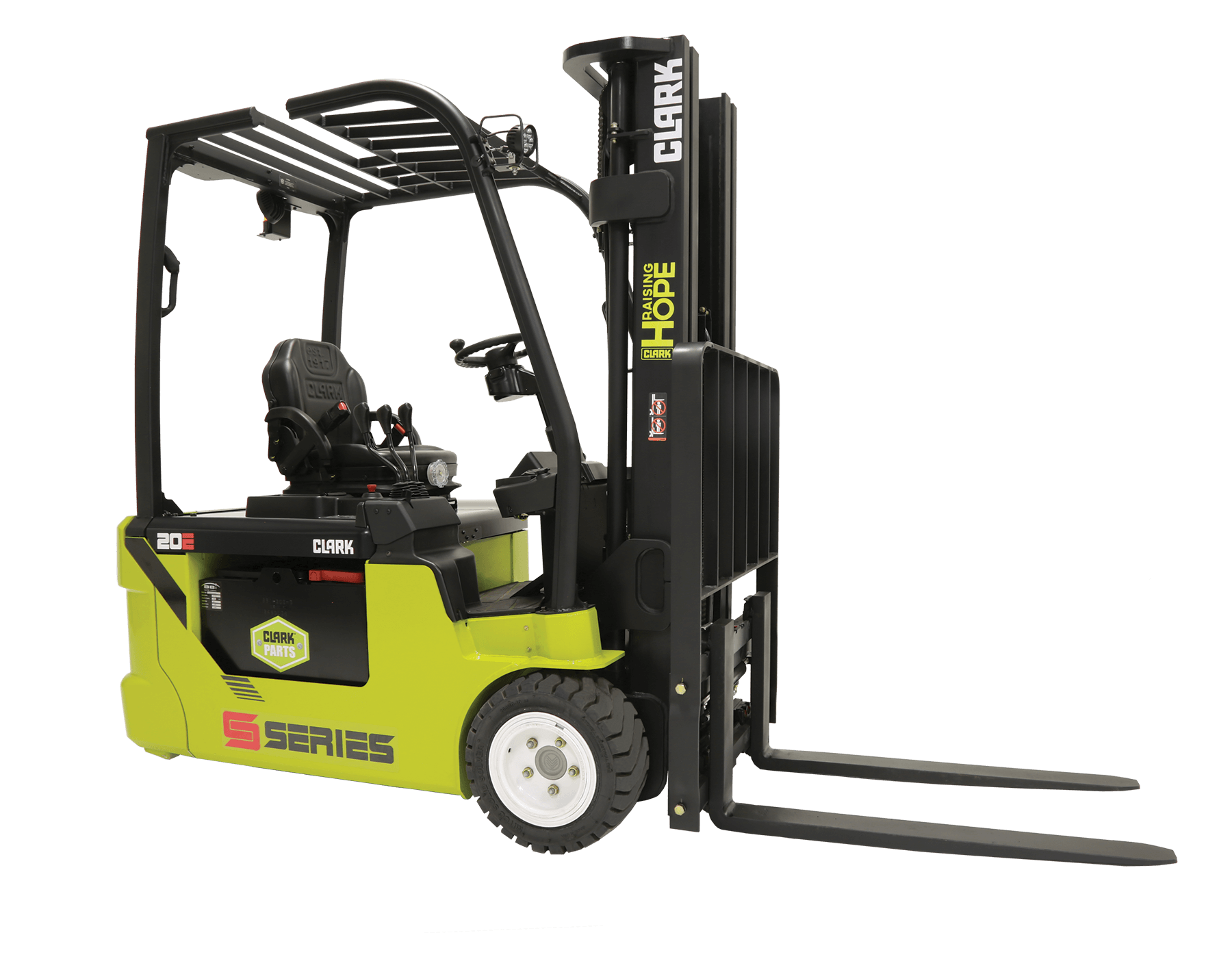
The SE15-25T is introduced. The SE15-25T is the latest three-wheel electric sit-down rider to be added to the product lineup. Designed for manufacturing, warehousing, and shipping applications, the SE15-25T boasts a true 5,000-pound capacity at height, as well as integrated SMART, STRONG, and SAFE elements that bring the truck into the S-SERIES family. The SE15-25T comes equipped with the innovative staggered nested I-beam mast, an improvement on the standard nested I-beam mast.
2022

CLARK is named one of the “Best Places to Work in Kentucky”.
2022
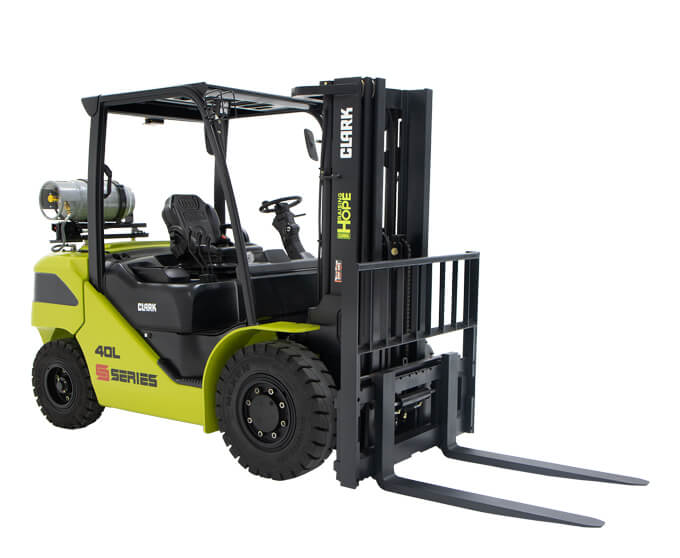
The S40-60 series of lift trucks is introduced. With a capacity range of 8,000-12,000 pounds, the S40-60 series also joins the SMART, STRONG, and SAFE S-SERIES lineup. The S40-60 combines rugged durability with industry-leading safety and ergonomic features, making it ideal for lumber, building materials, and manufacturing customers.
2022
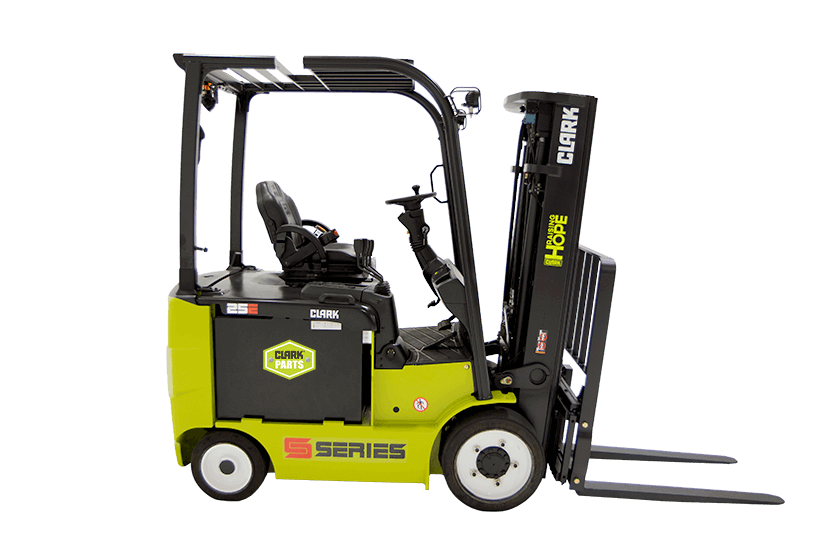
The SEC20-35 is launched into the product line, a four-wheel electric forklift with capacity ranging from 4,000 to a true 7,000 pounds at height. The SEC20-35 is ideal for warehouses and distribution centers, with a tight turn radius, quiet operation, and integrated SMART, STRONG, and SAFE features. The SEC20-35 is the first four-wheel electric forklift to join the S-SERIES family.
2022

The CLARK SMART telematics system is launched. With CLARK SMART, customers can track their forklift fleet and monitor impacts, driver behavior, pre-shift inspection completion, and their forklifts’ physical location through GPS. CLARK SMART is offered as an Aftermarket solution and can be installed in under 2 hours.
2023

CLARK is named one of the “Best Places to Work in Kentucky” for the fifth time.
2024

CLARK is named one of the “Best Places to Work in Kentucky” for the sixth time, as well as one of the “Best Places to Work in Texas” and one of the “Best Places to Work in Manufacturing” for the first time.
2024
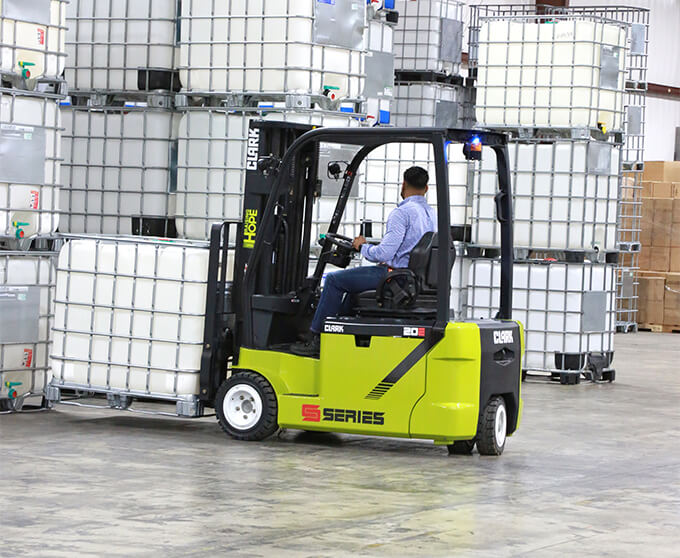
CLARK introduced the SE25 -35, an indoor/outdoor pneumatic forklift. Powered by either a 48V lead acid or 80V Lithium -Ion battery, fully integrated into the dash, the SE25-35 is the perfect choice for customers looking for a flexible solution that can tackle the transition from indoors to out with ease.


